
60s Style
What is the 60s Style?
Some of the key features of the 60s style were:
Mod fashion: A modern and bold look that featured bright colors, geometric patterns, short skirts, and slim-fitting suits.
Mod fashion was popularized by London youth and icons like Twiggy and Mary Quant.Beatnik fashion: A dark and artistic look that expressed a rebellious attitude toward mainstream culture.
Beatnik fashion consisted of black turtlenecks, berets, striped tops, and slim trousers.
Beatnik fashion was inspired by the beat generation of writers and musicians, such as Jack Kerouac and Bob Dylan.Hippie fashion: A colorful and free-spirited look that celebrated nature, peace, and love.
Hippie fashion included bell-bottom jeans, floral prints, fringes, peasant blouses, and tie-dye.
Hippie fashion was influenced by the counterculture movement and the music festivals of the late 60s, such as Woodstock.
The 60s style is still relevant and inspiring today, as many designers and brands incorporate elements of mod, beatnik, and hippie fashion into their collections.
Example of the color palette for the image of 60s Style
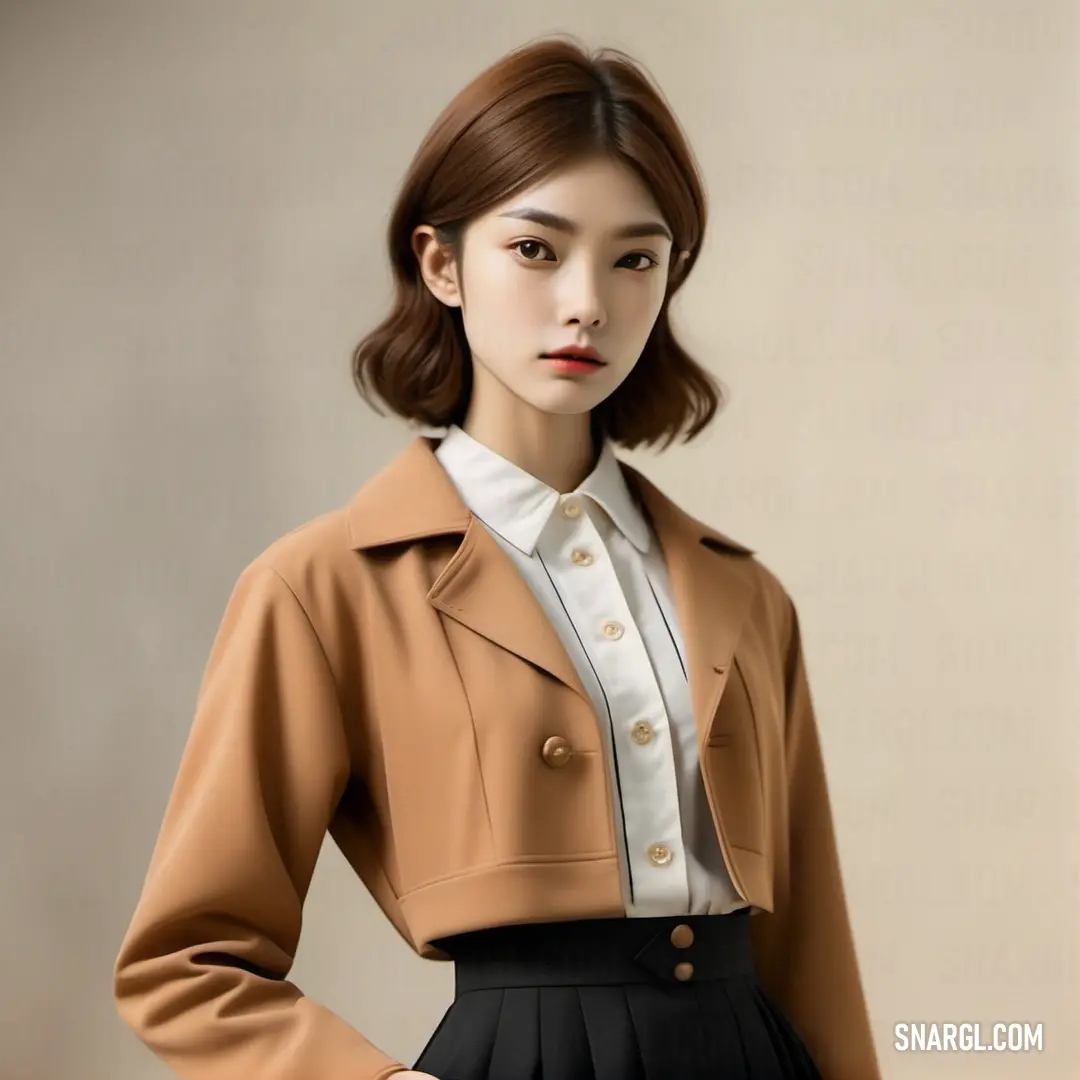
See these colors in NCS, PANTONE, RAL palettes...
Example of the color palette for the image of 60s Style
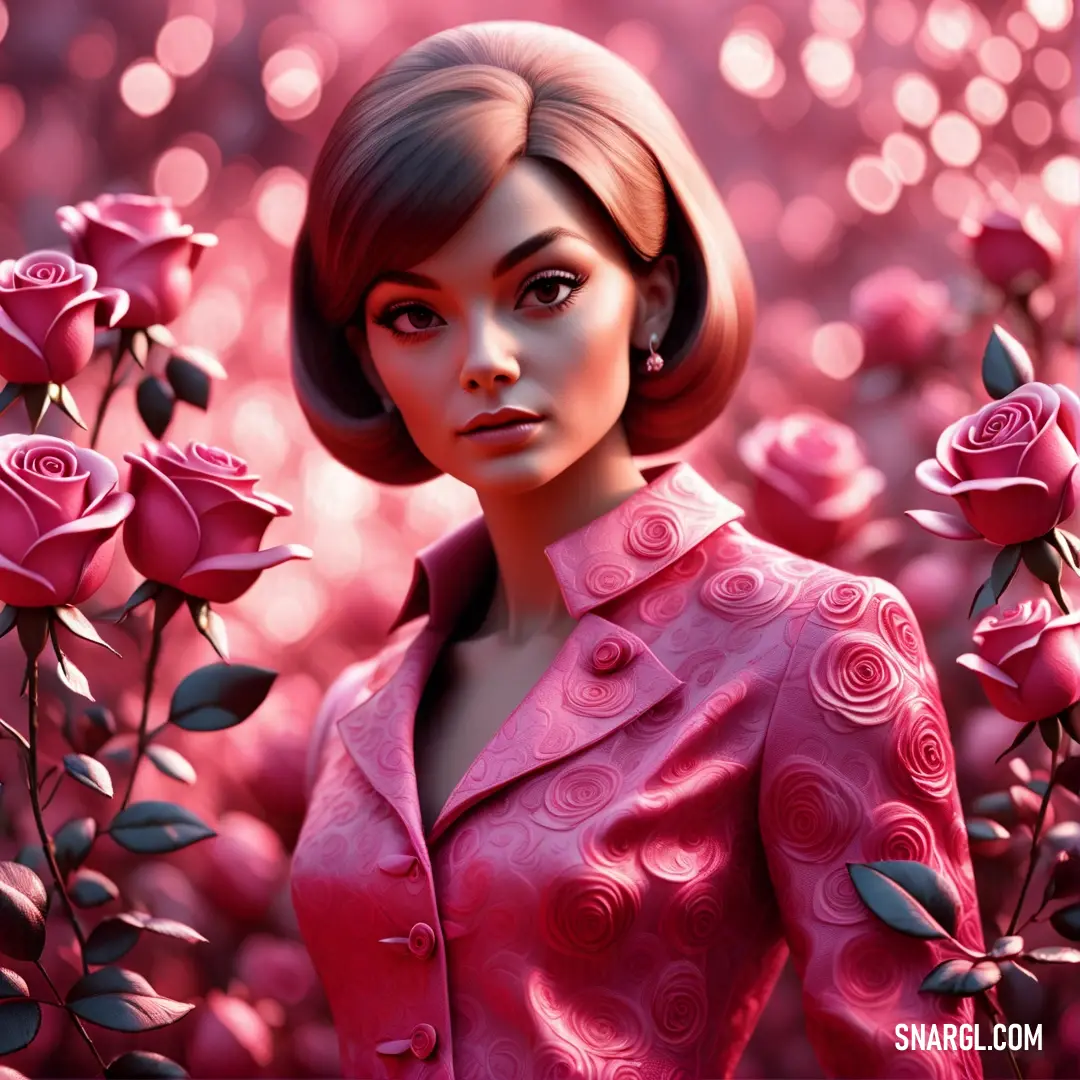
See these colors in NCS, PANTONE, RAL palettes...
Why do the 60s Style clothes look good?
Example of the color palette for the image of 60s Style
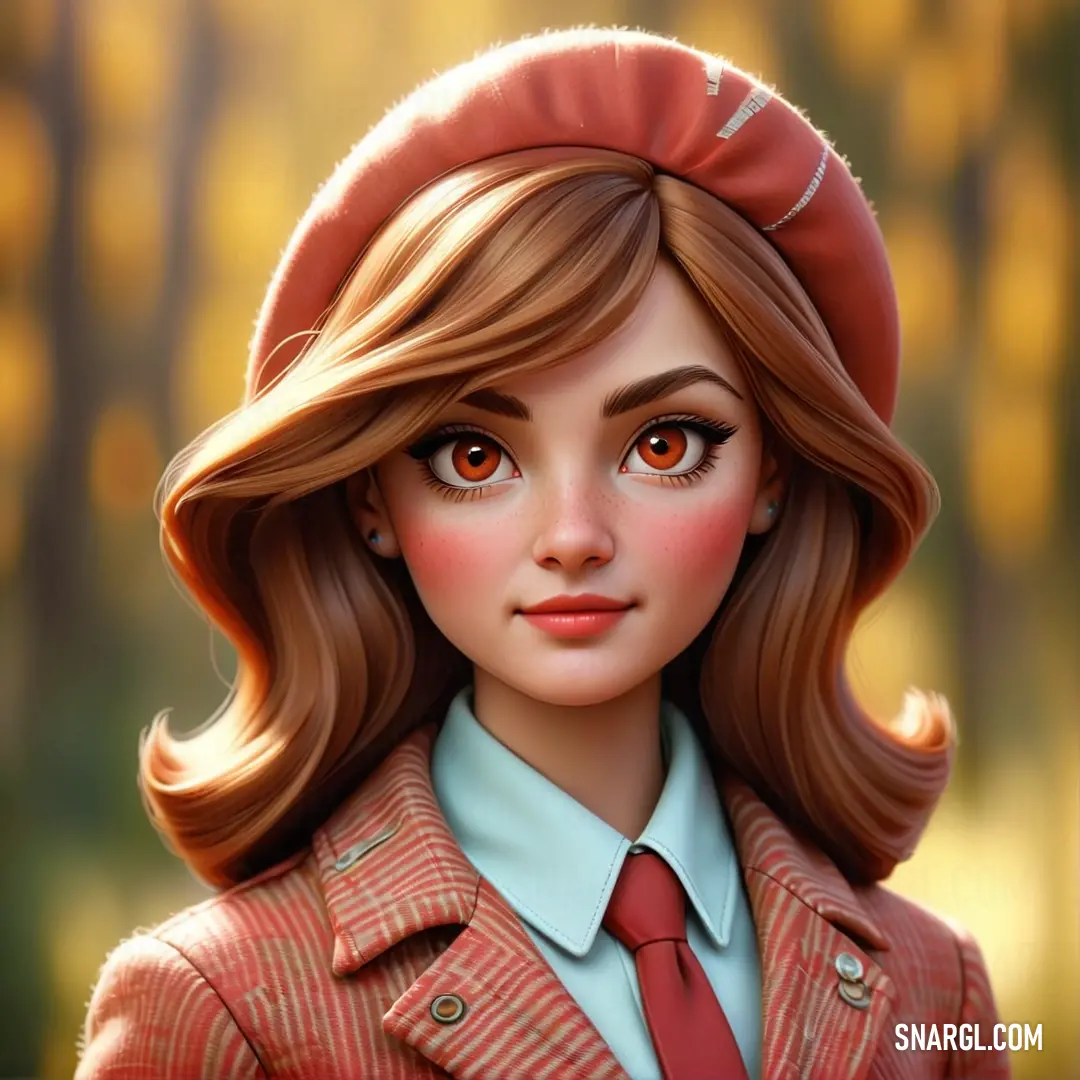
See these colors in NCS, PANTONE, RAL palettes...
Are the 60s Style clothing in style?
Some of the reasons why the 60s fashion is still popular are:
It was a time of creativity and experimentation, as different subcultures and movements emerged and influenced the fashion scene.
From mod to hippie, from space age to bohemian, the 60s offered a variety of styles to suit different tastes and personalities.It was a time of empowerment and liberation, especially for women, who challenged the traditional norms and expectations of femininity.
The miniskirt, for example, was a symbol of freedom and rebellion, as well as a way to express one's individuality and sexuality.It was a time of fun and optimism, as the fashion reflected the vibrant and colorful mood of the decade.
Bold prints, bright colors, and playful accessories added a touch of joy and whimsy to the outfits.It was a time of innovation and quality, as new fabrics and techniques were introduced and improved.
Synthetic materials like vinyl, nylon, and polyester were used to create futuristic and sleek designs, while natural fabrics like cotton, wool, and silk were used to create comfortable and cozy garments.
You can easily incorporate some of the key pieces into your modern wardrobe, such as:
A shift dress, which is a simple and flattering silhouette that can be worn for any occasion.
You can choose a solid color or a bold print, depending on your mood.A pair of go-go boots, which are knee-high boots with a low heel that add some height and flair to your look.
You can pair them with a mini skirt or a dress for a mod vibe, or with jeans or leggings for a casual look.A silk scarf, which is a chic and elegant accessory that can be worn in many ways.
You can tie it around your neck or your hair, or wrap it around your bag handle for some extra color and texture.A pair of flare pants, which are wide-legged pants that create a flattering and balanced silhouette.
You can choose a solid color or a fun print, depending on your style.
You can pair them with a fitted top or a sweater for a bohemian look, or with a blazer or a jacket for a more polished look.
The 60s style clothing is not only in style, but also in history.
It is a reflection of an era that shaped the culture and society of today.
By wearing the 60s fashion, you are not only making a fashion statement, but also paying tribute to the people and movements that made a difference in the world.
Example of the color palette for the image of 60s Style
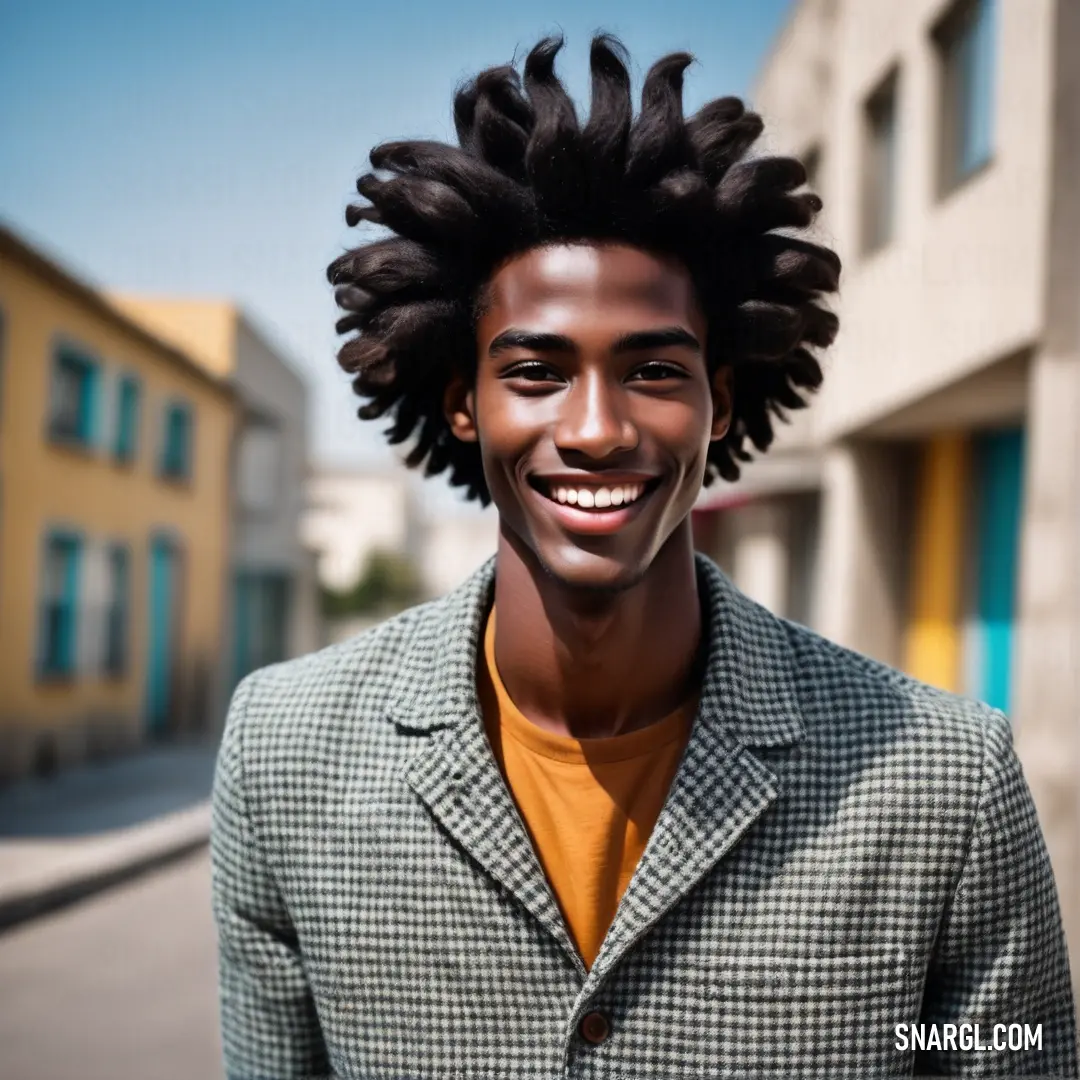
See these colors in NCS, PANTONE, RAL palettes...
What are the essential 60s Style clothing items and accessories?
The styles ranged from conservative and classic to psychedelic and rebellious.
Here are some of the essential clothing items and accessories that defined the 60s style:
Mini skirts: The mini skirt was one of the most iconic and controversial garments of the 60s.
It was popularized by British designer Mary Quant, who wanted to create a youthful and fun look for women.
The mini skirt was usually worn with tights, boots, and a simple top.
Some famous wearers of the mini skirt were Twiggy, Jean Shrimpton, and Jackie Kennedy.Shift dresses: The shift dress was a simple and elegant style that flattered any body type.
It was a straight-cut dress that fell from the shoulders to above the knee, often with a high neckline and no waistline.
The shift dress was versatile and could be worn for any occasion, from casual to formal.
Some examples of shift dresses are Audrey Hepburn's black dress in Breakfast at Tiffany's and Michelle Obama's red dress at the 2009 inauguration.Mod suits: The mod suit was a slim-fitting and tailored suit that reflected the influence of London's youth culture.
The mod suit had narrow lapels, slim trousers, and bright colors or patterns.
It was often paired with a skinny tie, a button-down shirt, and Chelsea boots.
The mod suit was worn by both men and women, such as The Beatles, The Who, and Twiggy.Tie-dye shirts: Tie-dye shirts were a symbol of the hippie movement and the counterculture of the 60s.
They were made by tying and dyeing fabric in various colors and patterns, creating a unique and colorful look.
Tie-dye shirts were often worn with jeans, bell-bottoms, or maxi skirts, and accessorized with beads, headbands, and peace signs.
Some famous wearers of tie-dye shirts were Jimi Hendrix, Janis Joplin, and Grateful Dead fans.Go-go boots: Go-go boots were ankle-high or knee-high boots that had a low heel and a rounded toe.
They were usually made of white or bright-colored leather or vinyl, and sometimes had cut-outs or buckles.
Go-go boots were designed to be comfortable and easy to dance in, hence the name "go-go".
They were often worn with mini skirts, dresses, or pantsuits.
Some famous wearers of go-go boots were Nancy Sinatra, Brigitte Bardot, and Diana Rigg.
How to keep the 60s Style updated and fresh?
It was a time when fashion reflected the social and cultural changes that were happening around the world.
To keep the 60s style updated and fresh, you can try some of these tips:
Mix and match different prints and patterns, such as geometric, polka dot, animal, and tie-dye.
You can also play with contrasting colors and textures to create a fun and eclectic look.Add some flair to your hair with big curls, bouffants, beehives, or afros.
You can also accessorize with headbands, scarves, hats, or flowers to complete your 60s hairstyle.Embrace the mini skirt, which was one of the most iconic and controversial trends of the 60s.
You can pair it with colorful tights, boots, or flats for a modern twist.
Or, you can opt for a maxi skirt or dress for a more bohemian vibe.Invest in a signature handbag that has a structured silhouette and a top handle.
This will add some elegance and sophistication to your outfit.
You can also choose a bag that has a bold color or print to make a statement.Have fun with your makeup and experiment with different looks.
You can try the classic winged eyeliner and nude lips, or go for a more dramatic look with bright eyeshadow and false lashes.
You can also add some glitter or shimmer to your eyes or cheeks for some extra sparkle.
Example of the color palette for the image of 60s Style
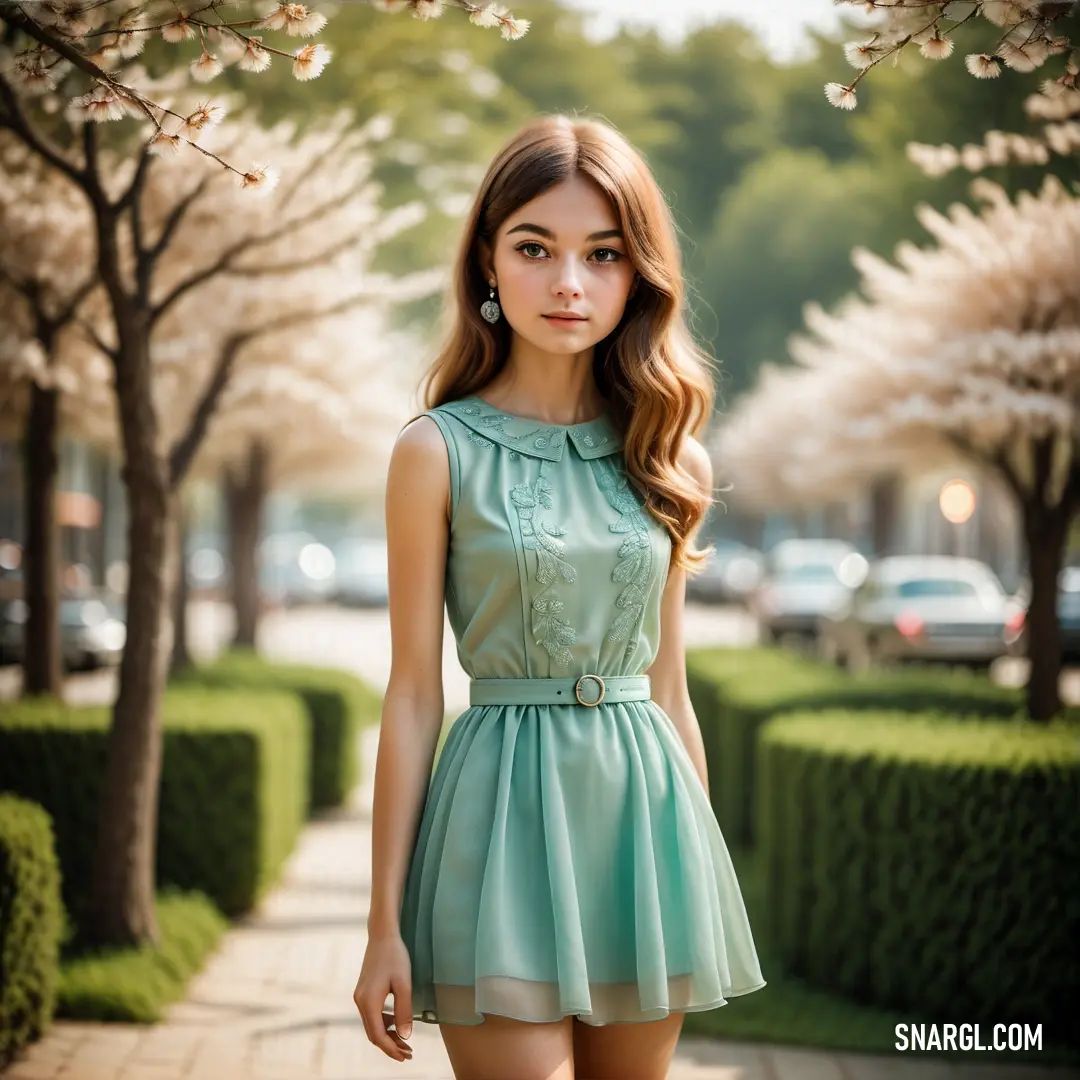
See these colors in NCS, PANTONE, RAL palettes...
What are the past or classic trends or influences in 60s Style?
Some of the past or classic trends or influences in 60s style are:
The mod look: This was a youth-oriented style that emphasized simplicity, geometric shapes, and bright colors.
It was influenced by contemporary art, music, and pop culture.
Some of the elements of the mod look were mini skirts, shift dresses, go-go boots, and graphic prints.The hippie movement: This was a counterculture movement that rejected mainstream values and embraced alternative lifestyles.
It was influenced by Eastern philosophy, psychedelic drugs, and folk music.
Some of the elements of the hippie style were maxi dresses, flared jeans, tie-dye, paisley, and floral patterns.The space age: This was a futuristic style that reflected the fascination with space exploration and technology.
It was influenced by science fiction, astronauts, and designers like André Courrèges and Pierre Cardin.
Some of the elements of the space age style were metallic fabrics, plastic accessories, helmets, and geometric shapes.The French chic: This was a sophisticated style that embodied the elegance and glamour of Parisian fashion.
It was influenced by icons like Brigitte Bardot, Audrey Hepburn, and Jacqueline Kennedy Onassis.
Some of the elements of the French chic style were pencil skirts, tailored suits, berets, scarves, and pearls.
What are the future or potential trends or directions in 60s Style?
Some of the trends that emerged in that decade are still popular and relevant today, such as mini skirts, go-go boots, trench coats, babydoll dresses, psychedelic prints, and sequins.
However, fashion is always evolving and adapting to new contexts and preferences.
Therefore, some potential trends or directions in 60s style fashion for the future are:
Mixing and matching different elements from the 60s style with other eras or cultures, creating a fusion of aesthetics and influences.
For example, combining a 60s mod dress with a 90s grunge jacket, or pairing a 60s psychedelic print with a traditional African fabric.Reinterpreting and updating the 60s style with modern materials, techniques, and technologies, creating a fresh and innovative look.
For example, using eco-friendly fabrics, 3D printing, or smart textiles to create 60s-inspired garments that are sustainable, functional, and interactive.Exploring and experimenting with the 60s style in different contexts and occasions, creating a versatile and adaptable wardrobe.
For example, wearing a 60s go-go boot with a formal suit, or dressing up a 60s babydoll dress with accessories and jewelry.
Example of the color palette for the image of 60s Style
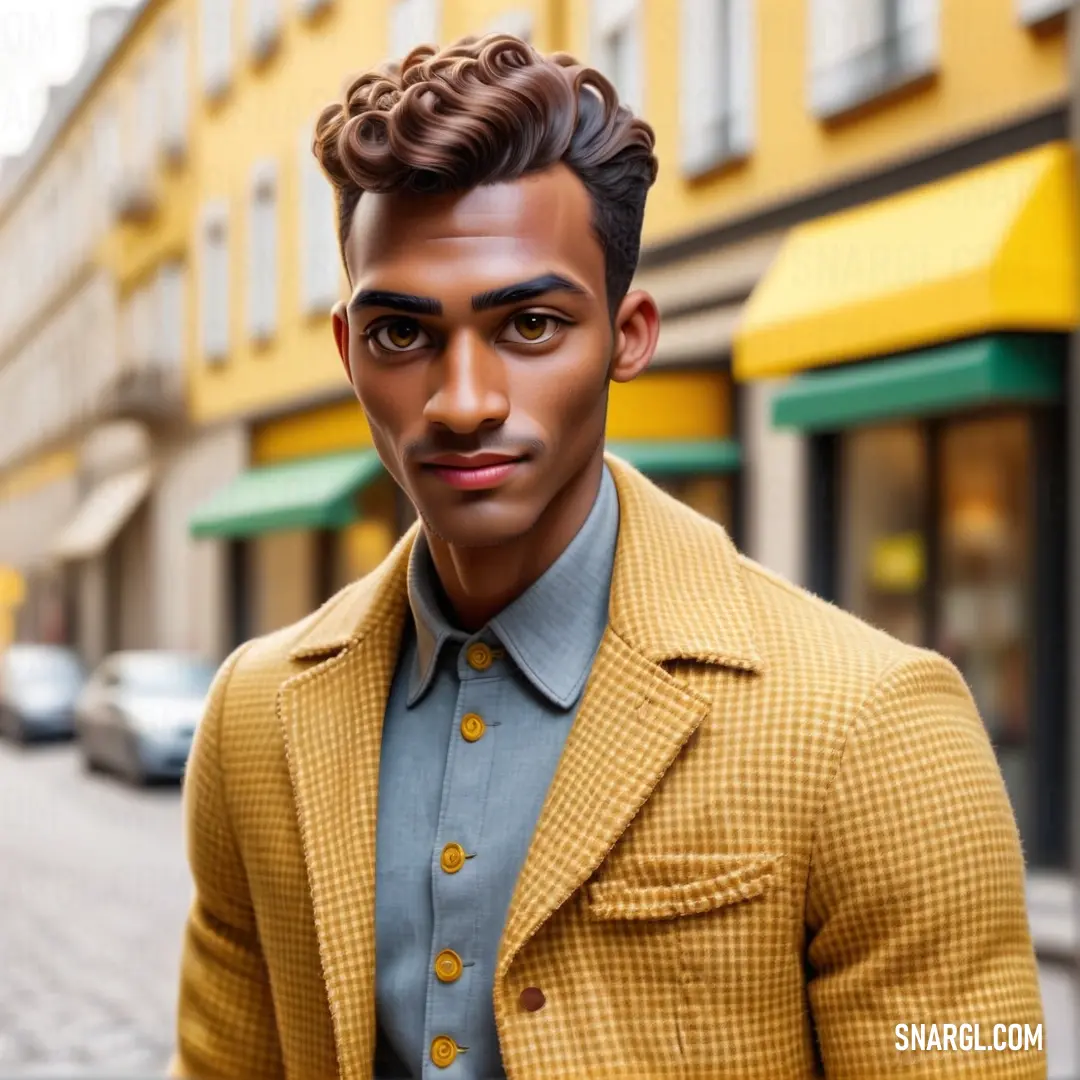
See these colors in NCS, PANTONE, RAL palettes...

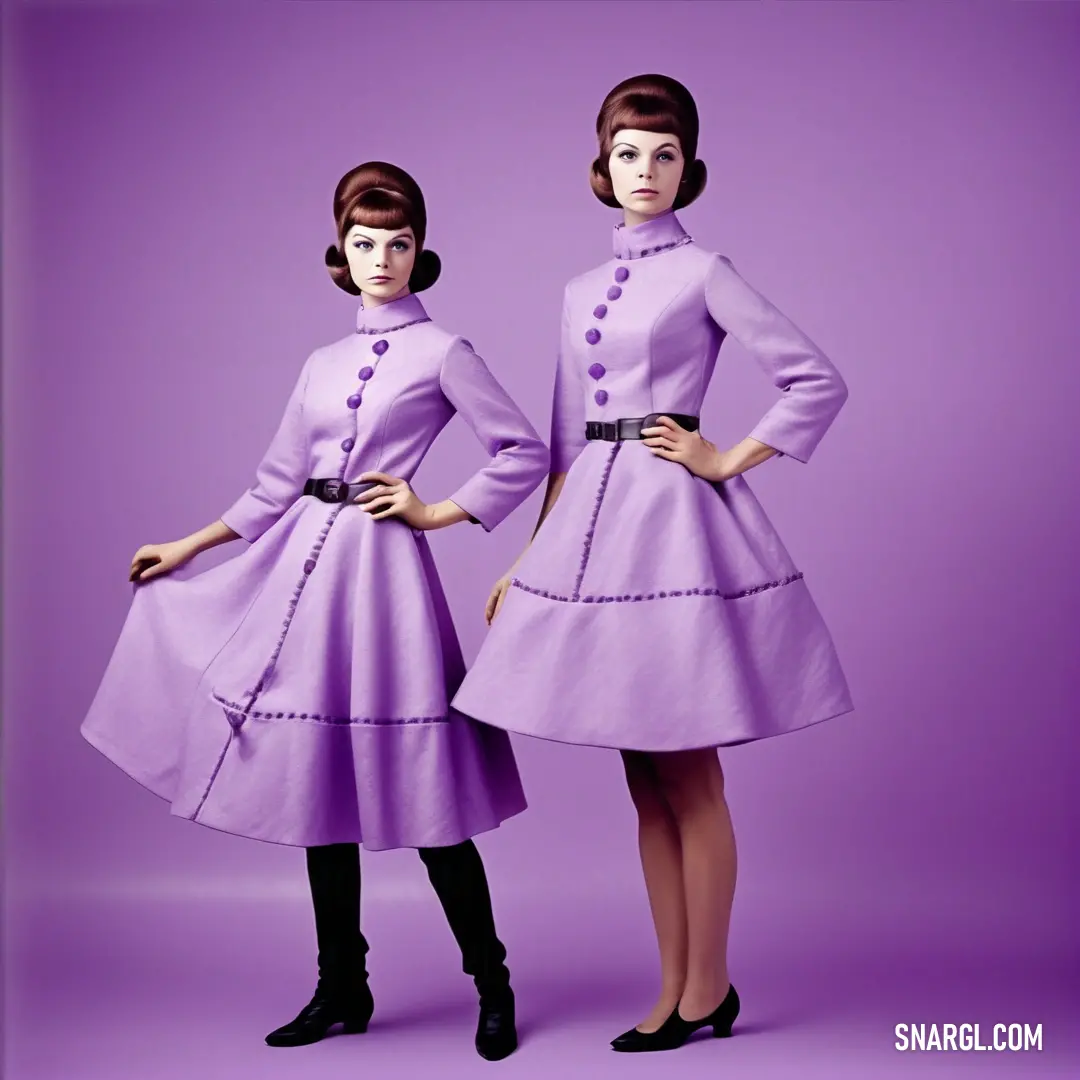
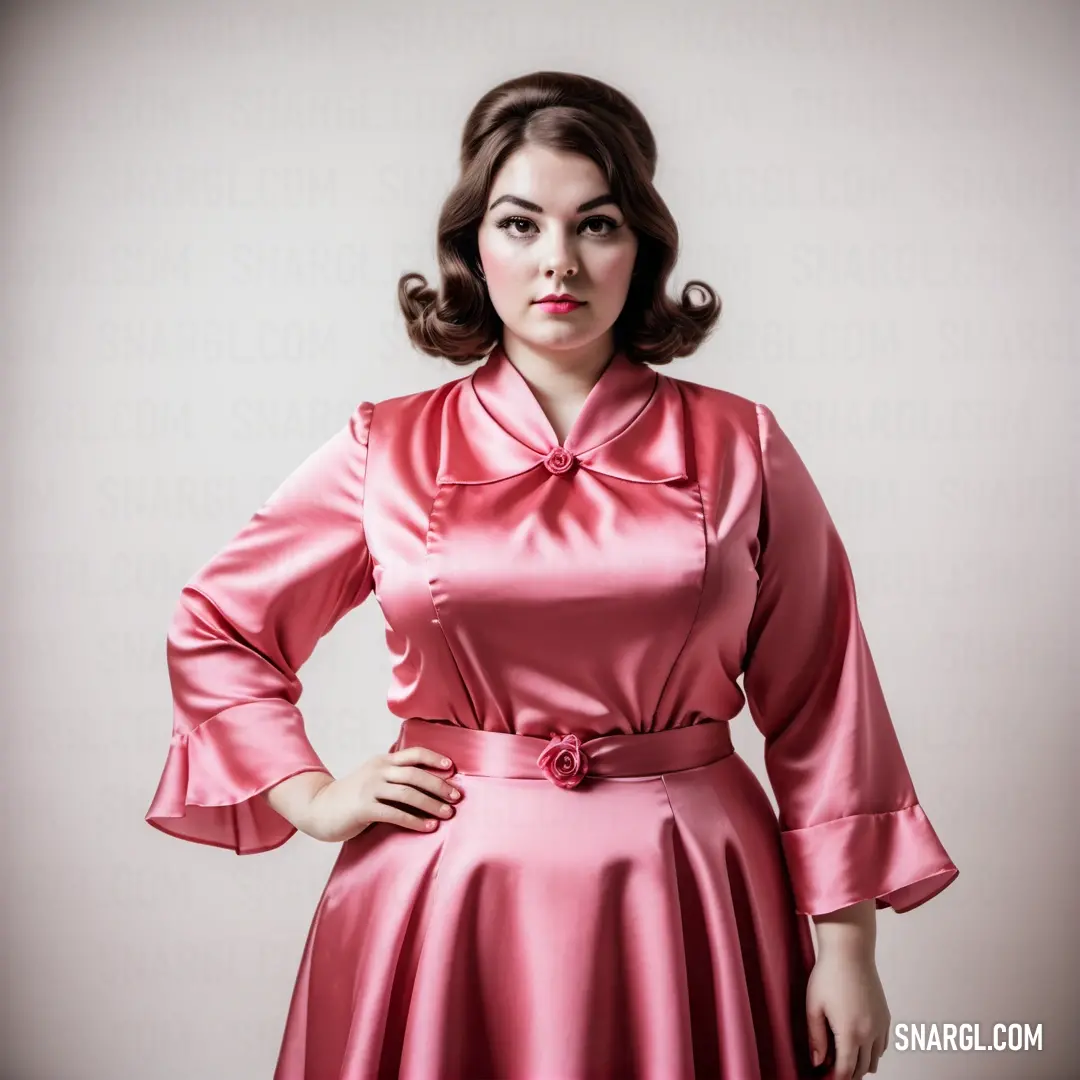
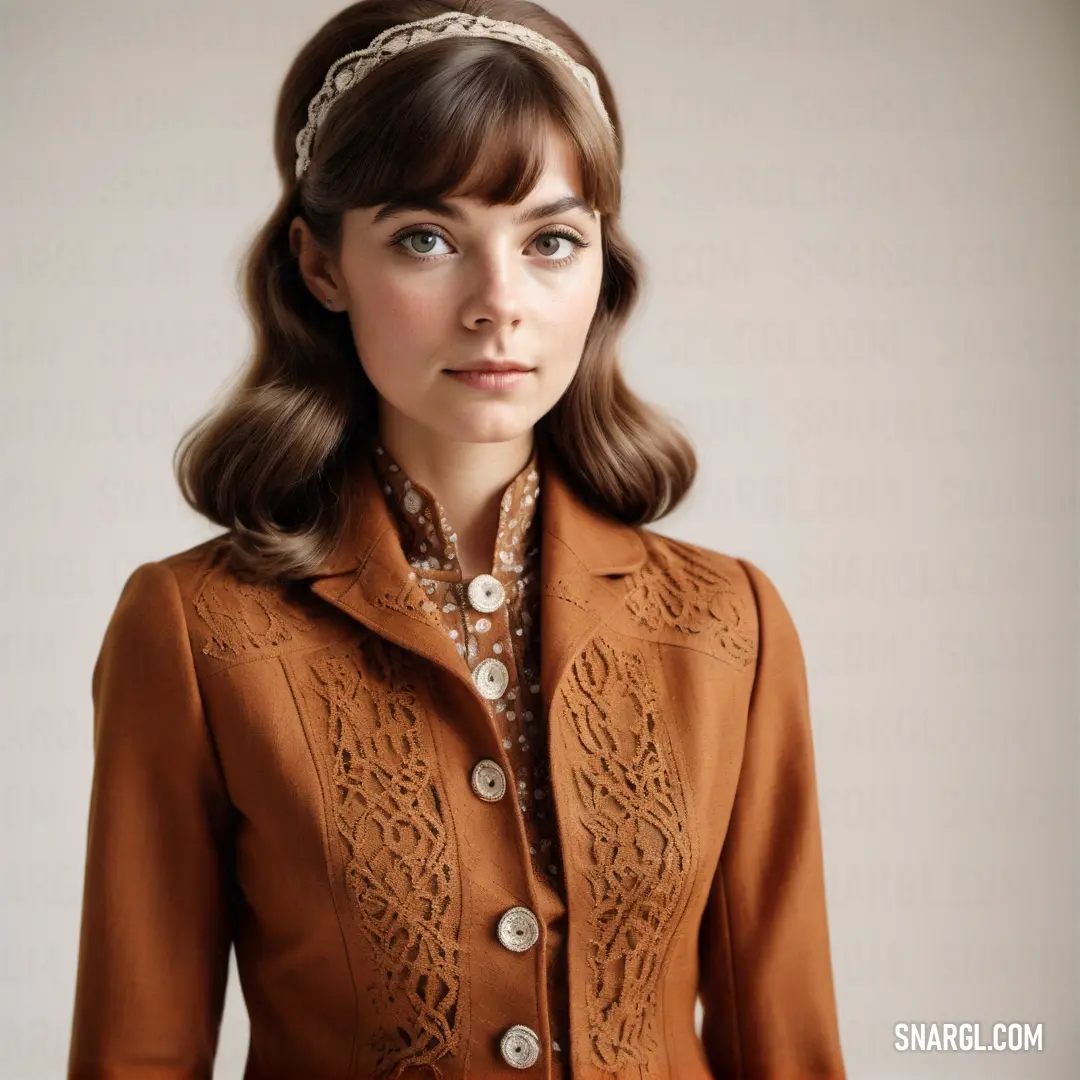
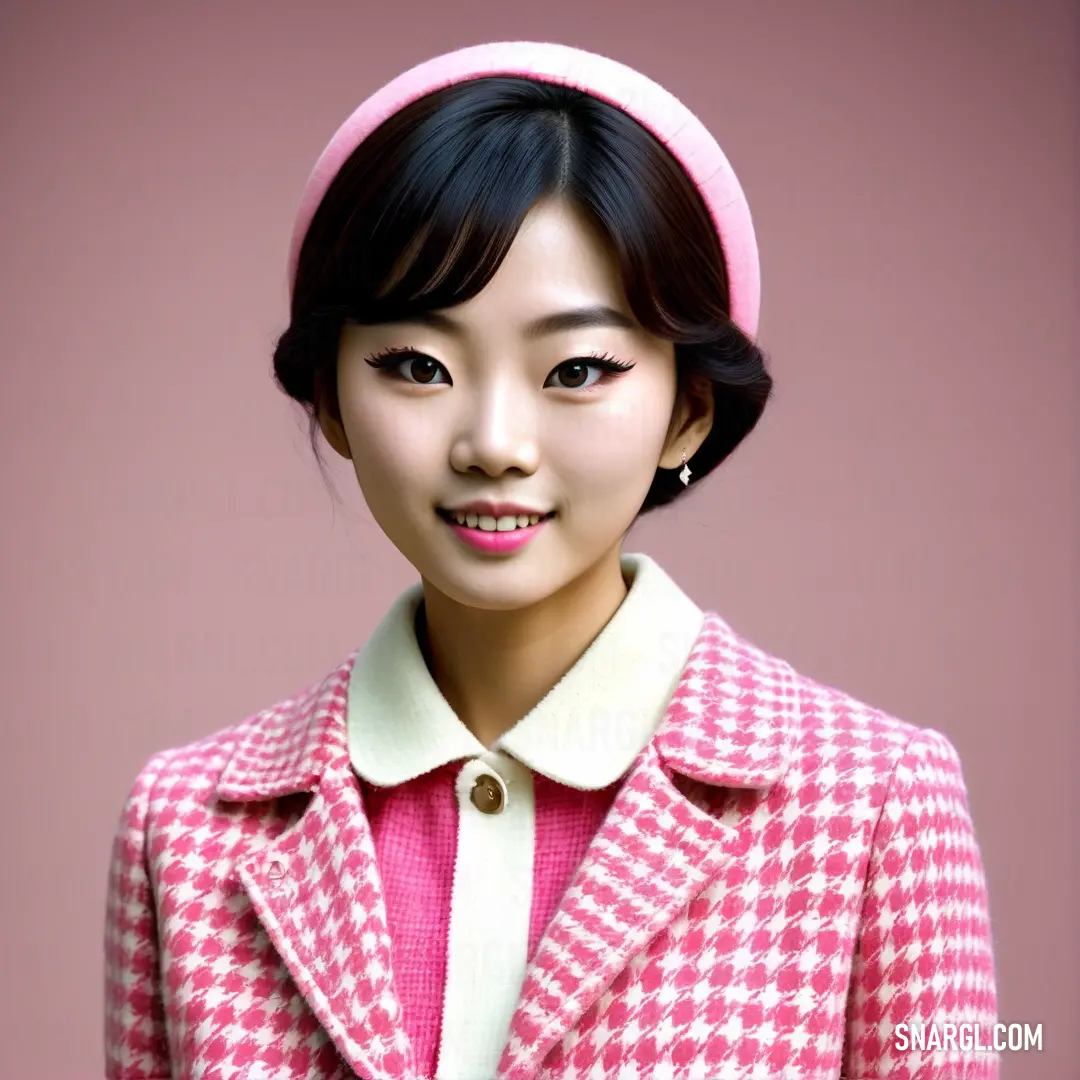
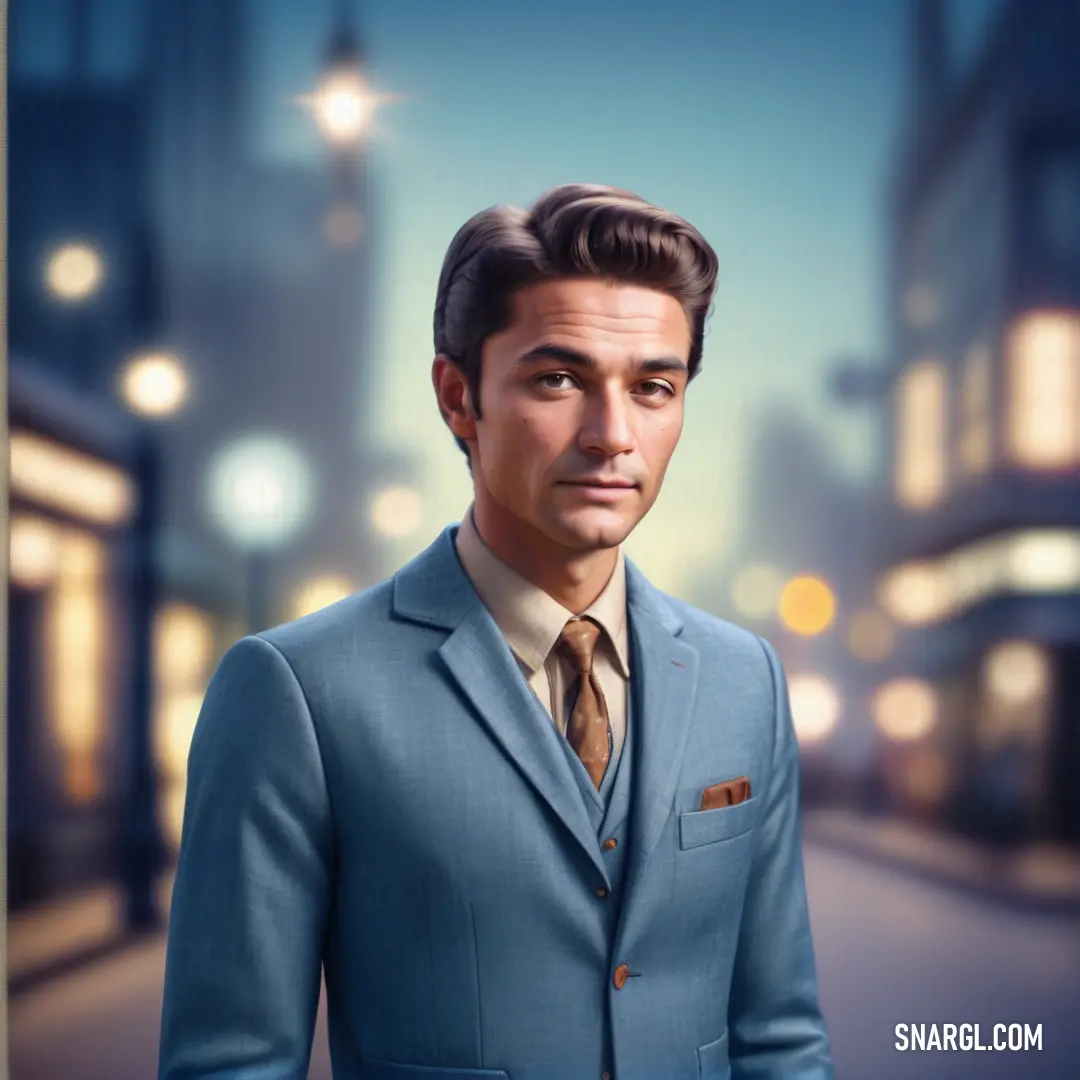
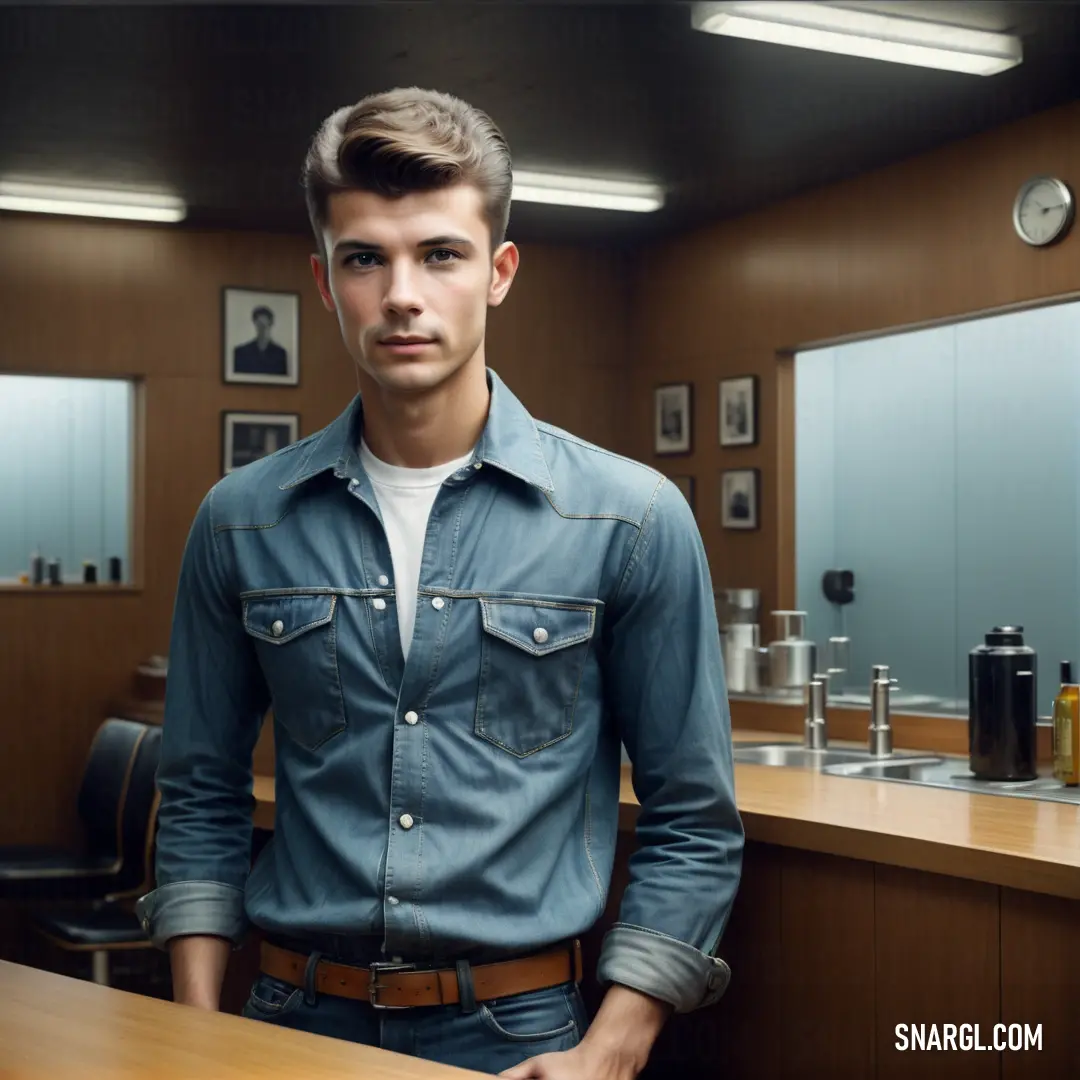
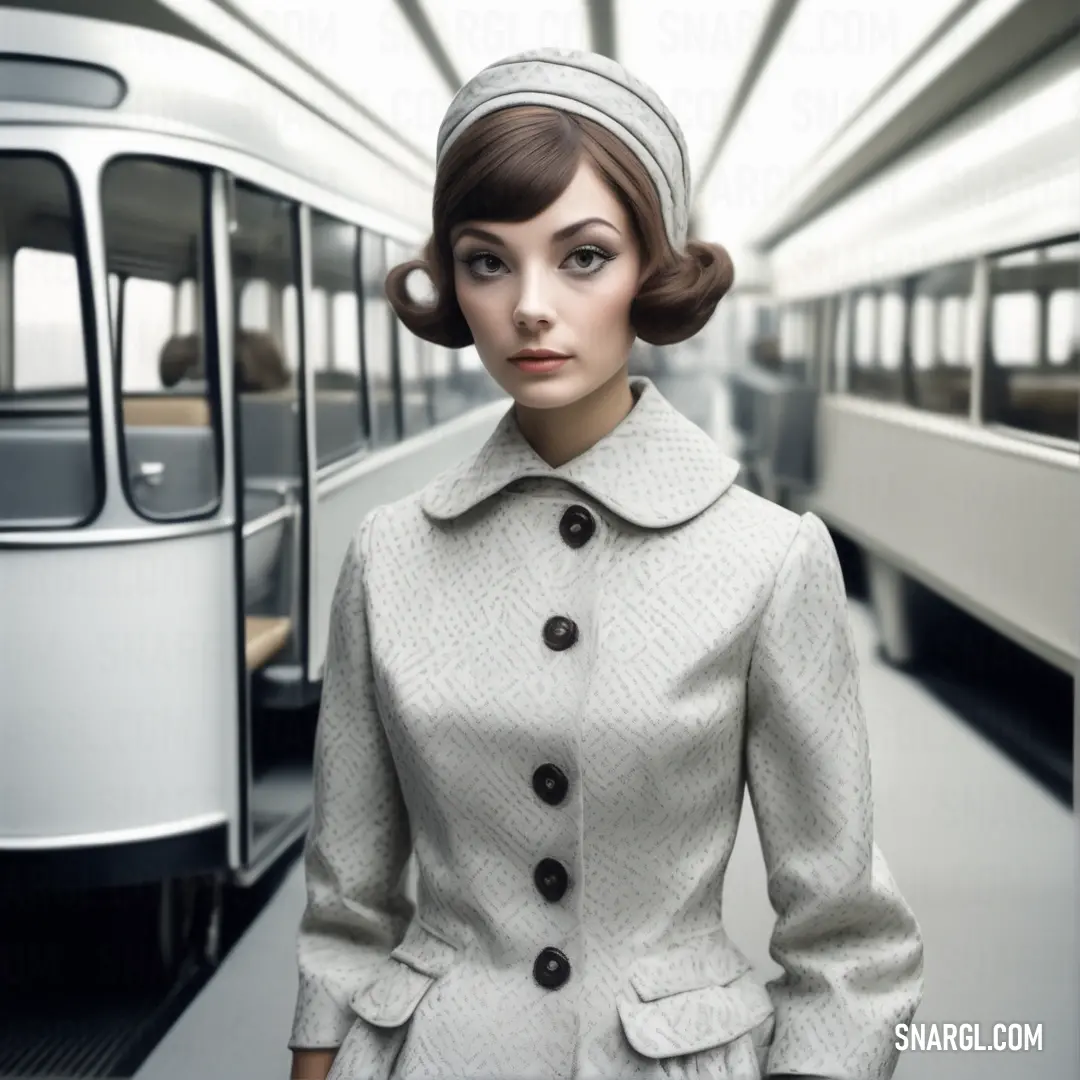
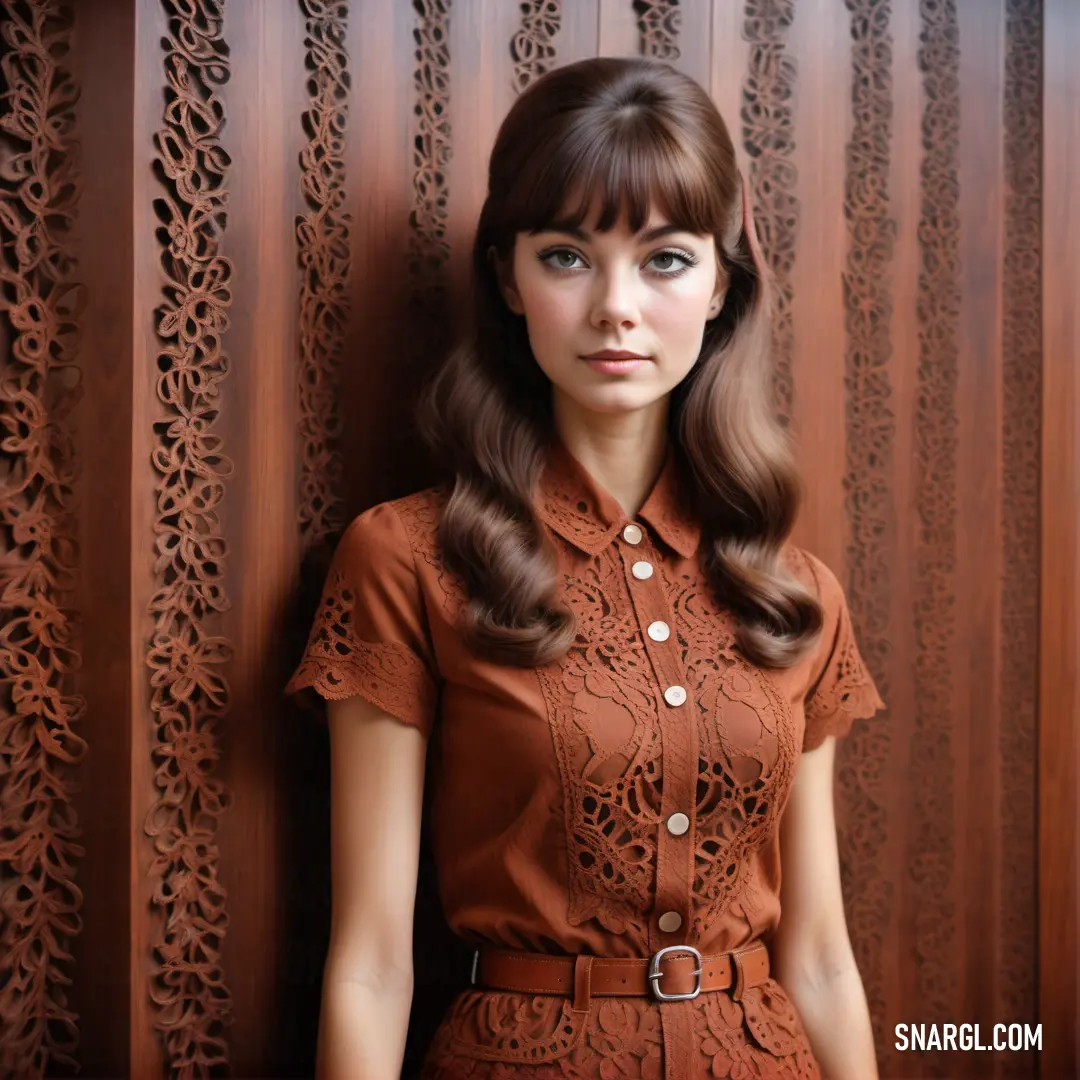
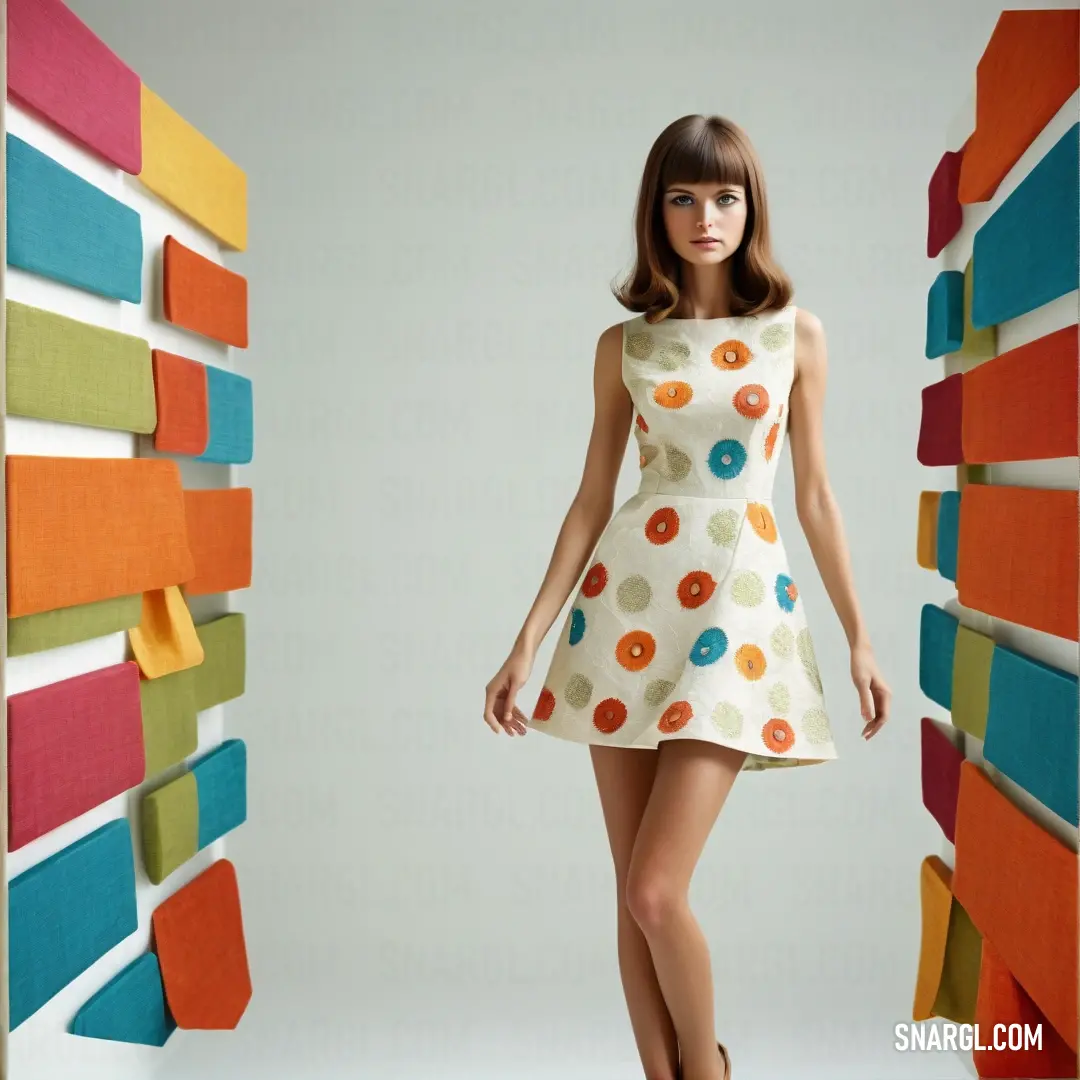
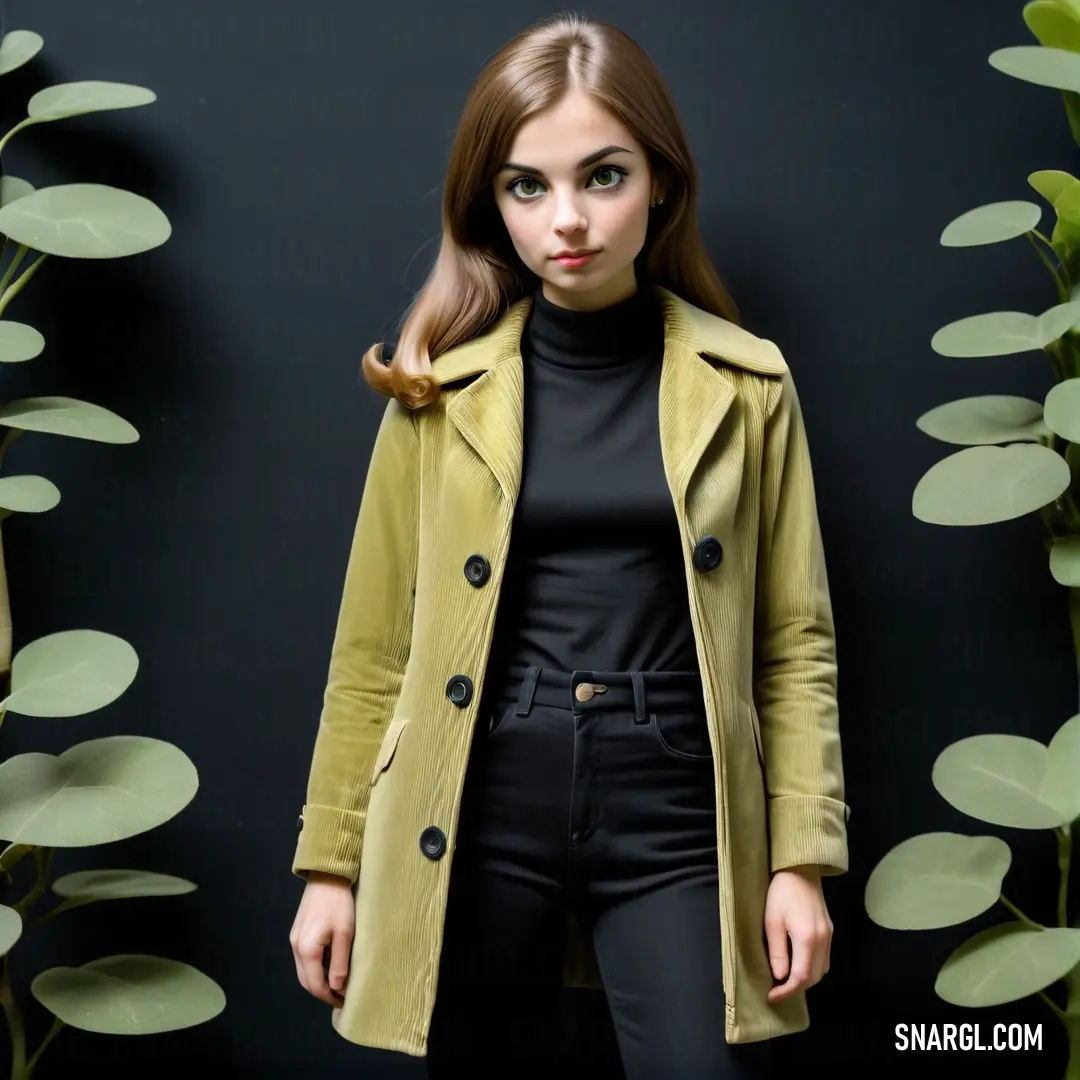
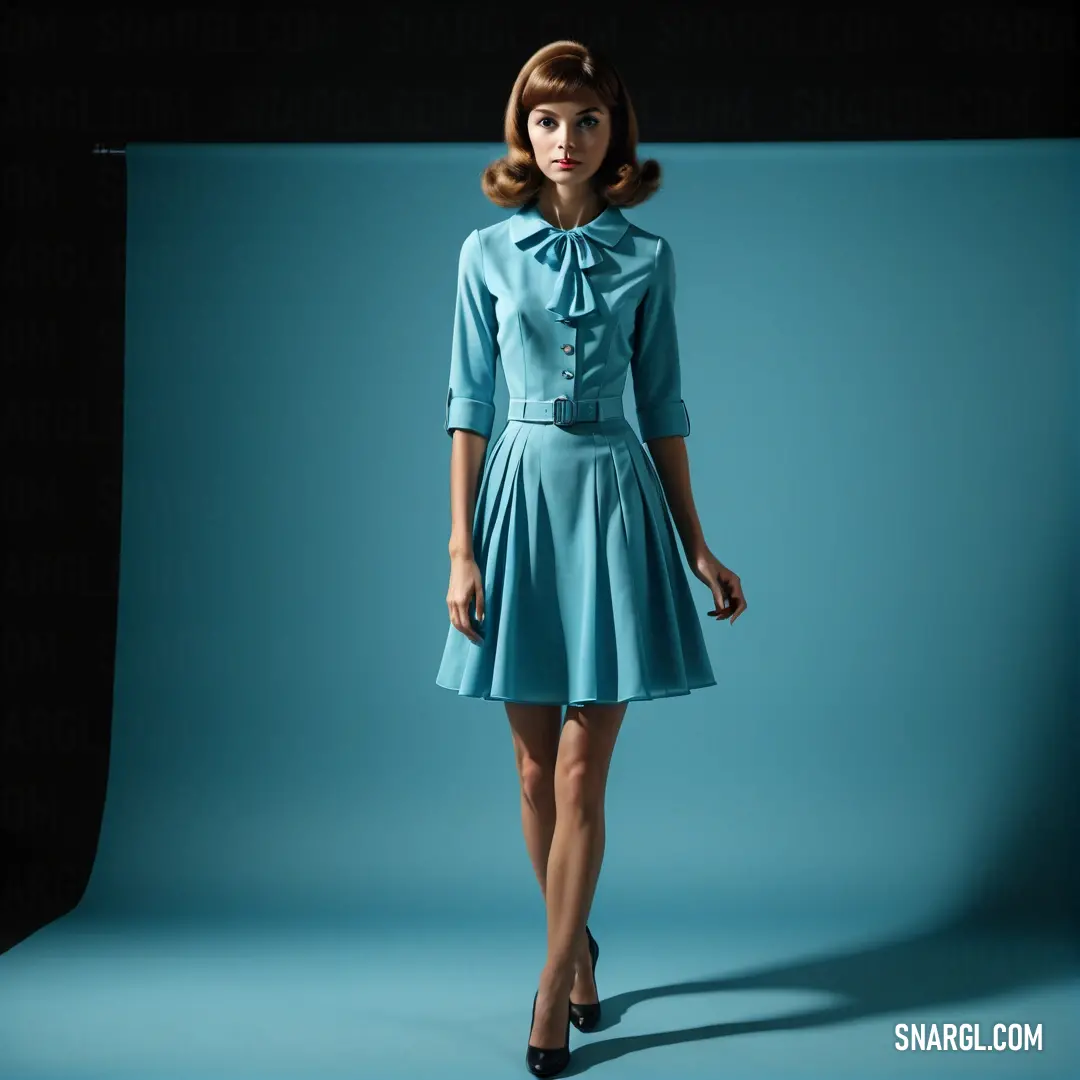
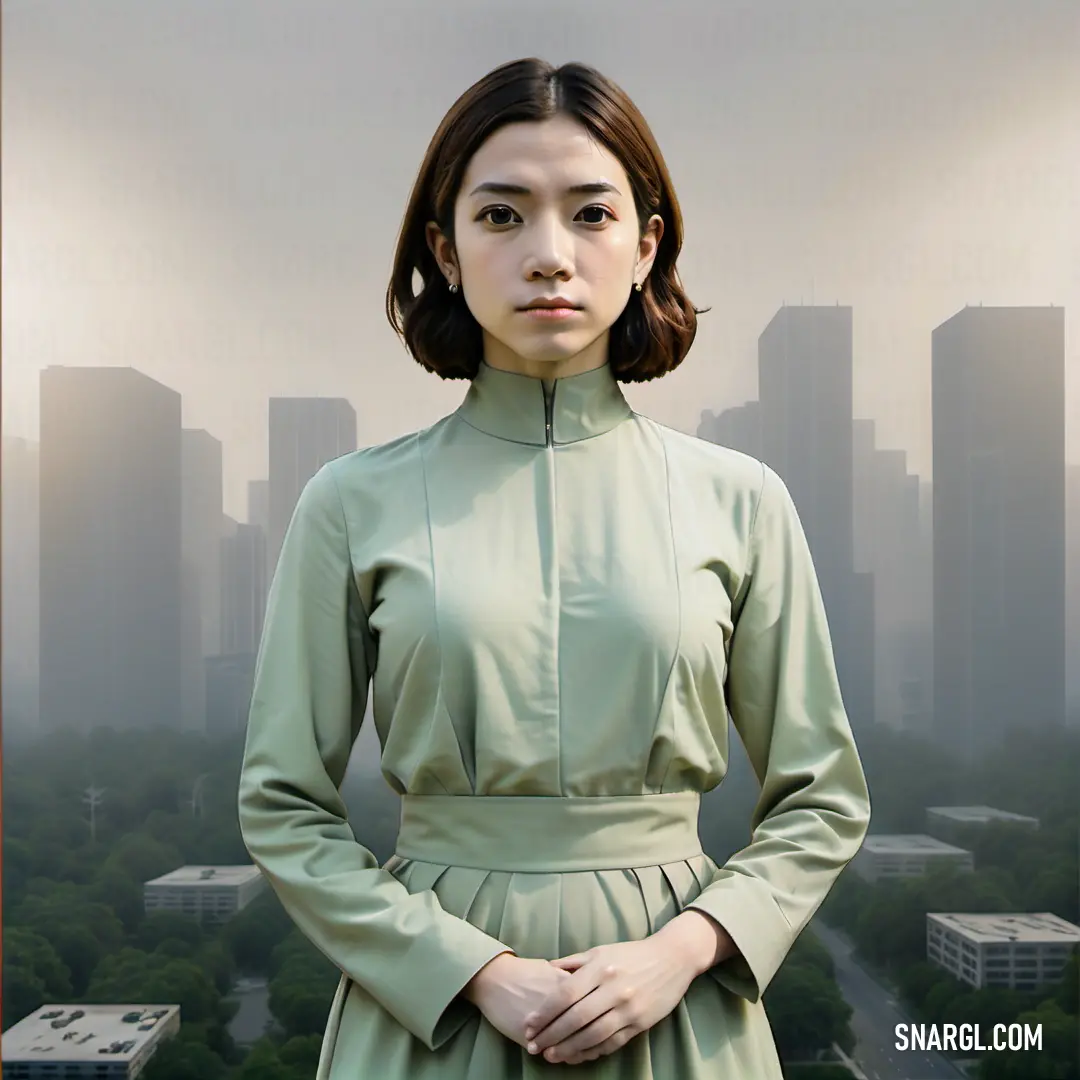
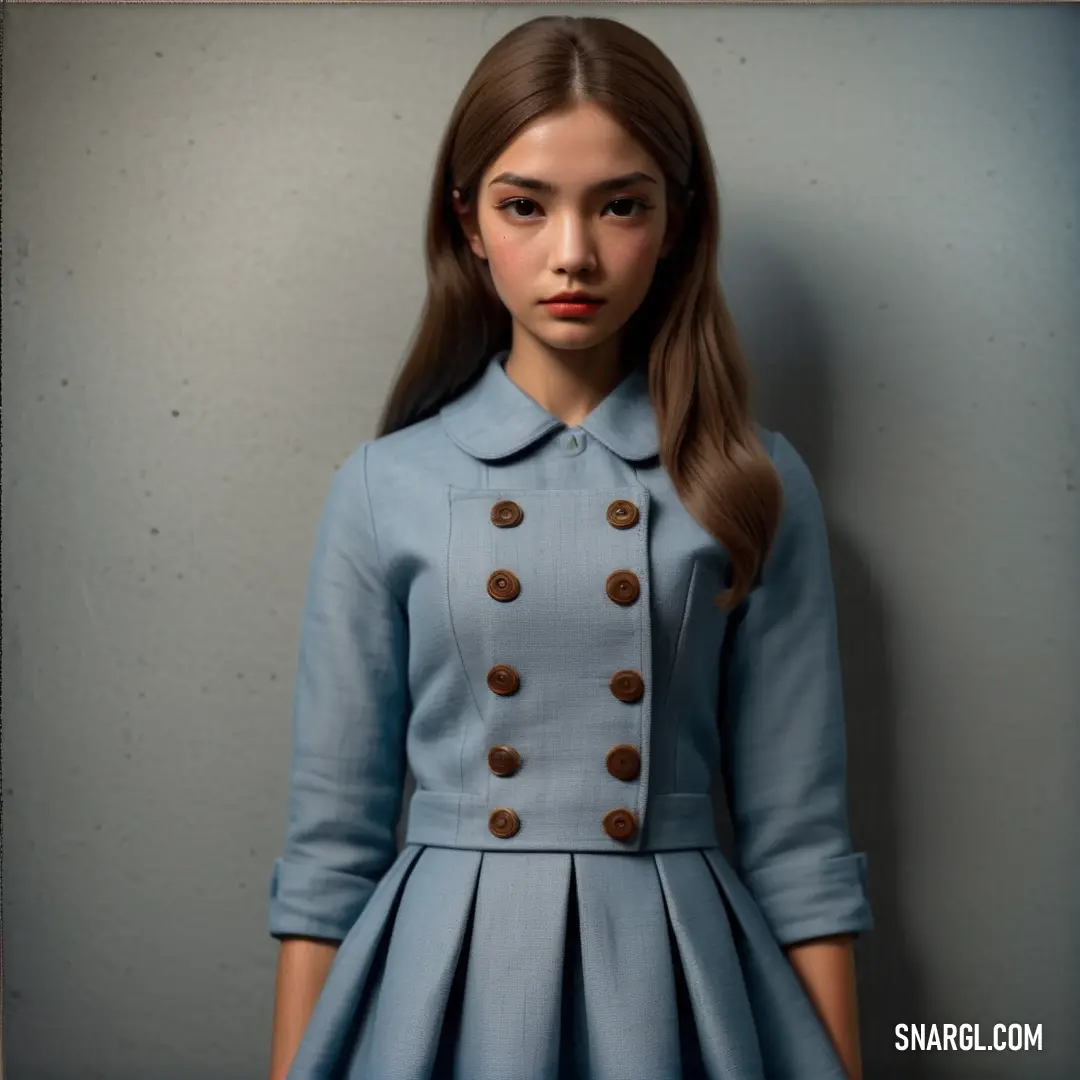
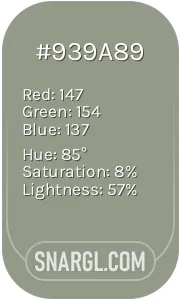 Gray-Tea Green
Gray-Tea Green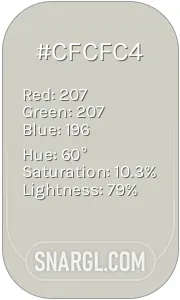 Pastel gray
Pastel gray Coffee
Coffee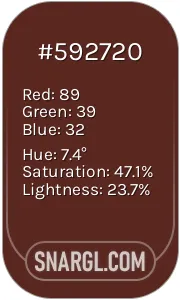 Caput mortuum
Caput mortuum Antique brass
Antique brass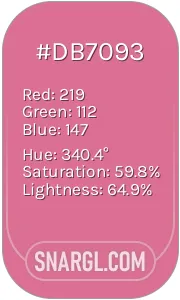 Pale red-violet
Pale red-violet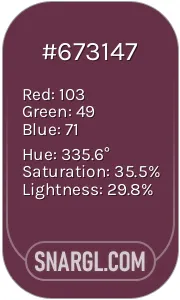 Old mauve
Old mauve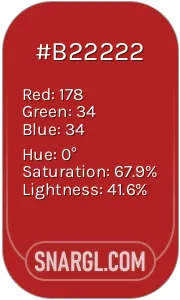 Fire brick
Fire brick Pale pink
Pale pink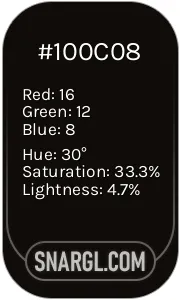 Smoky black
Smoky black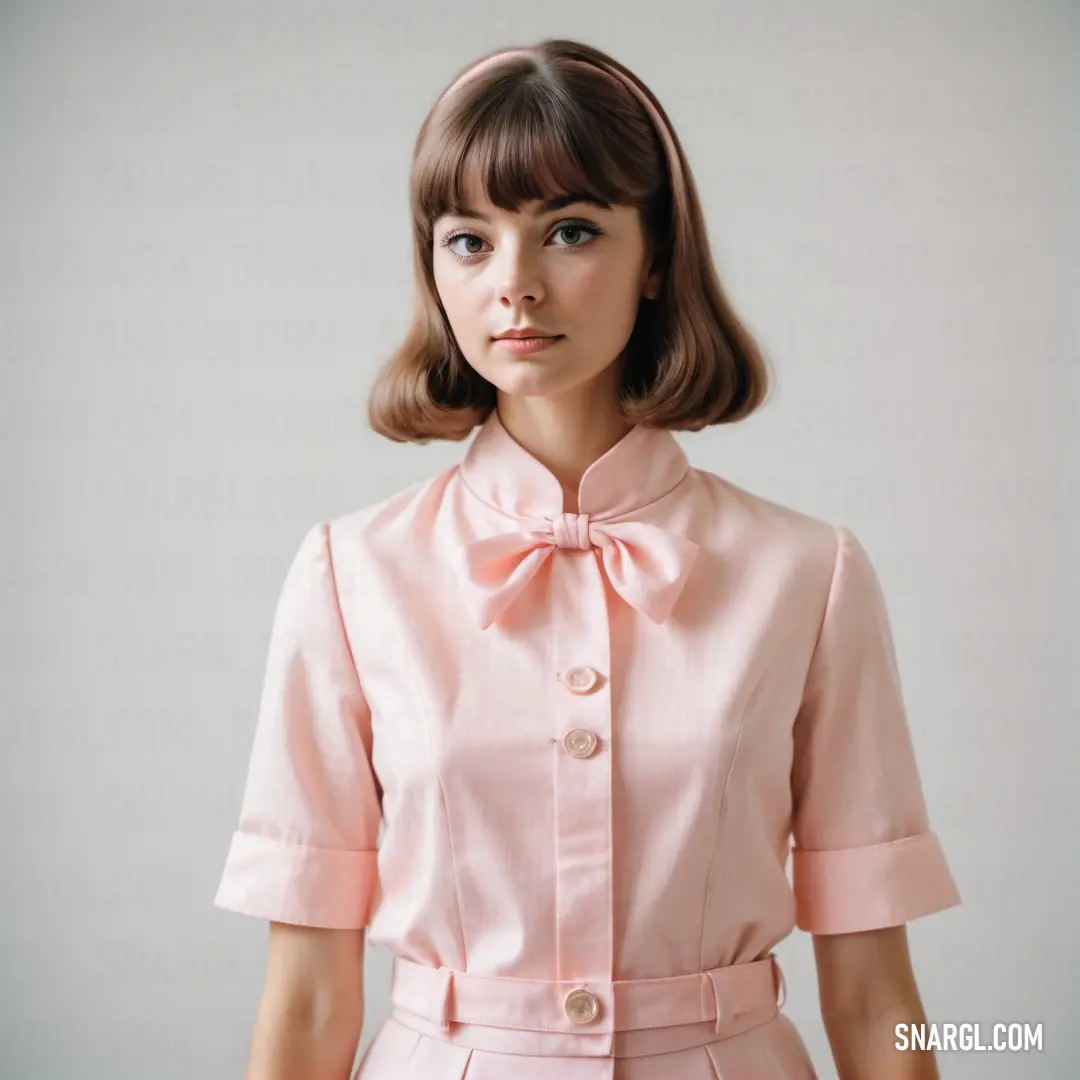
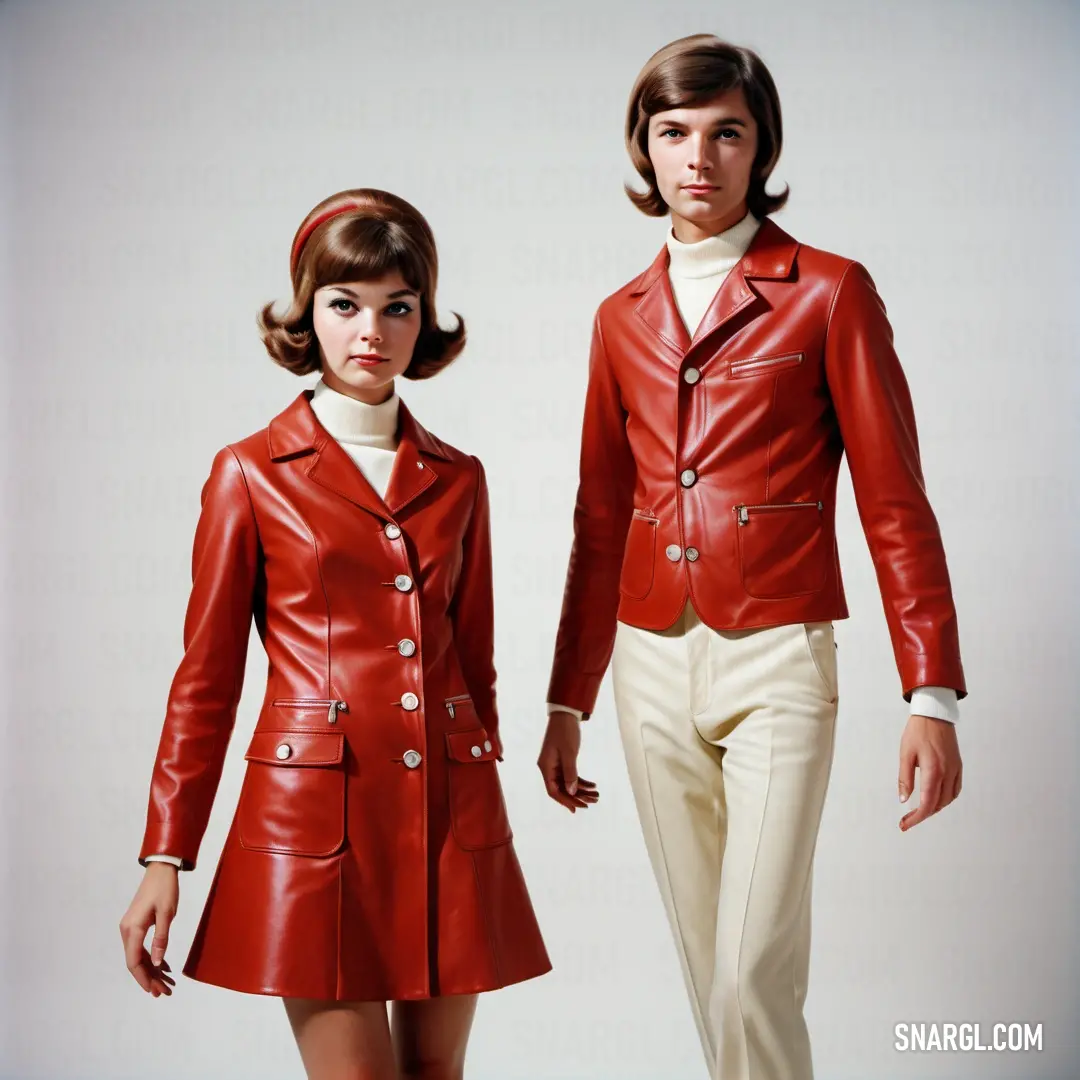
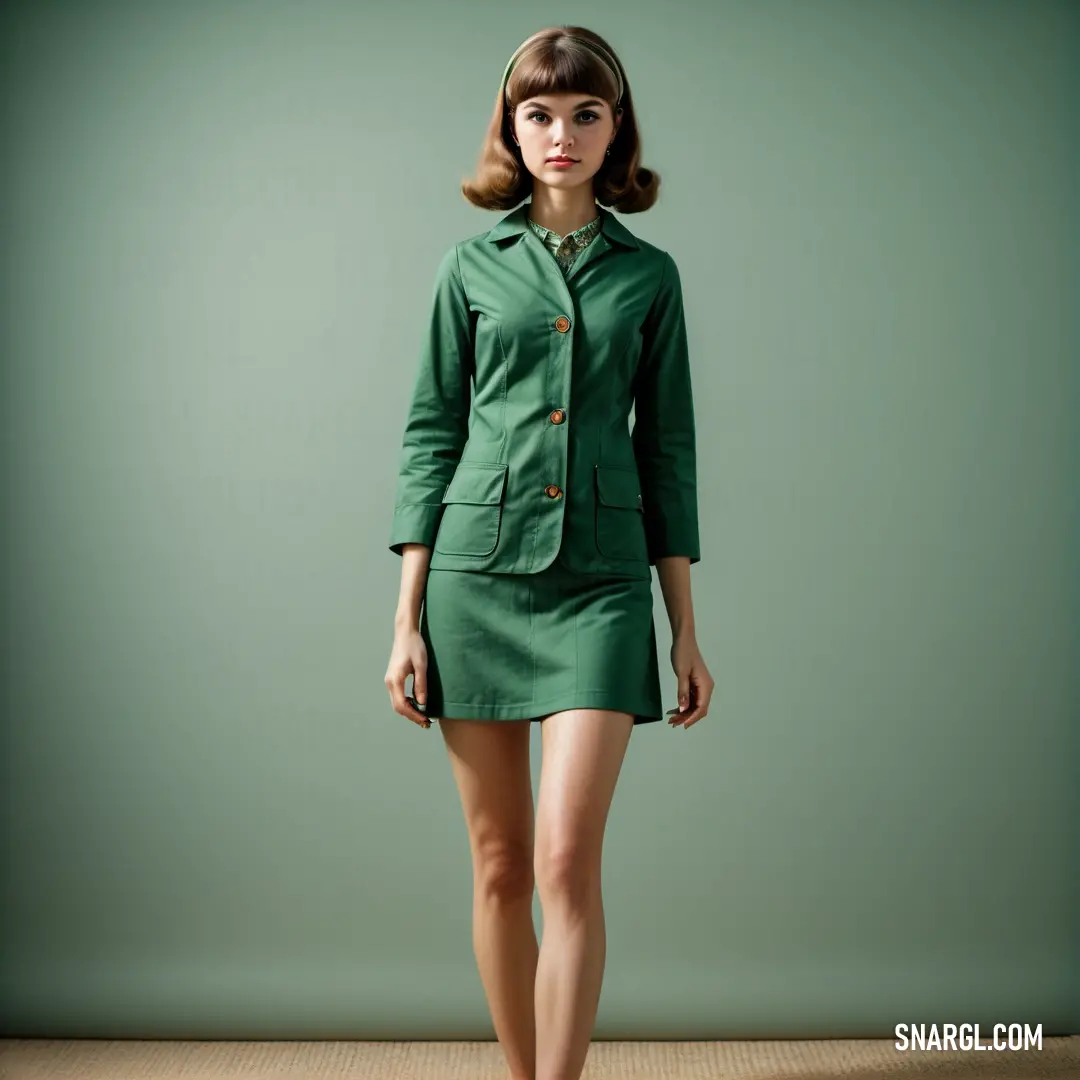
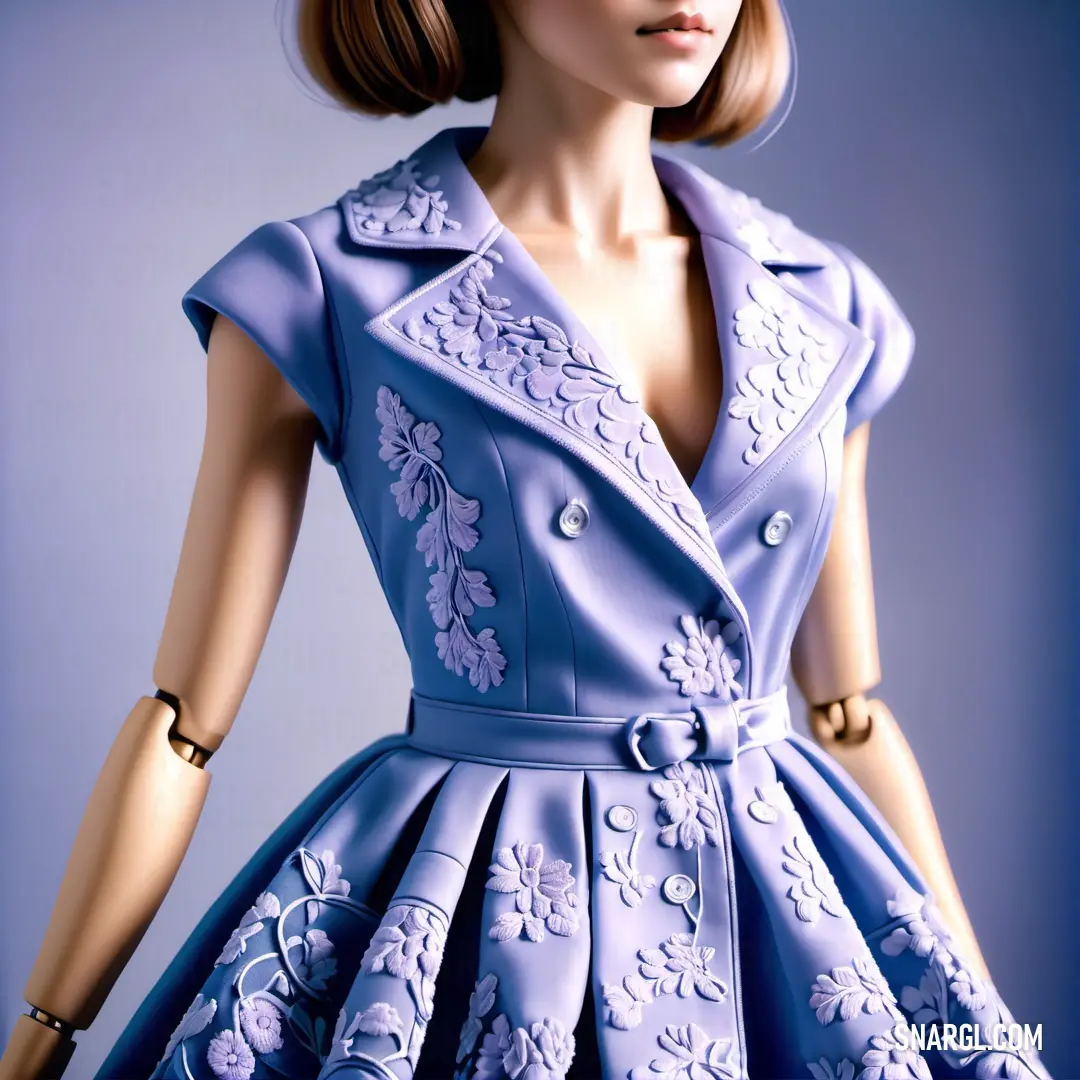
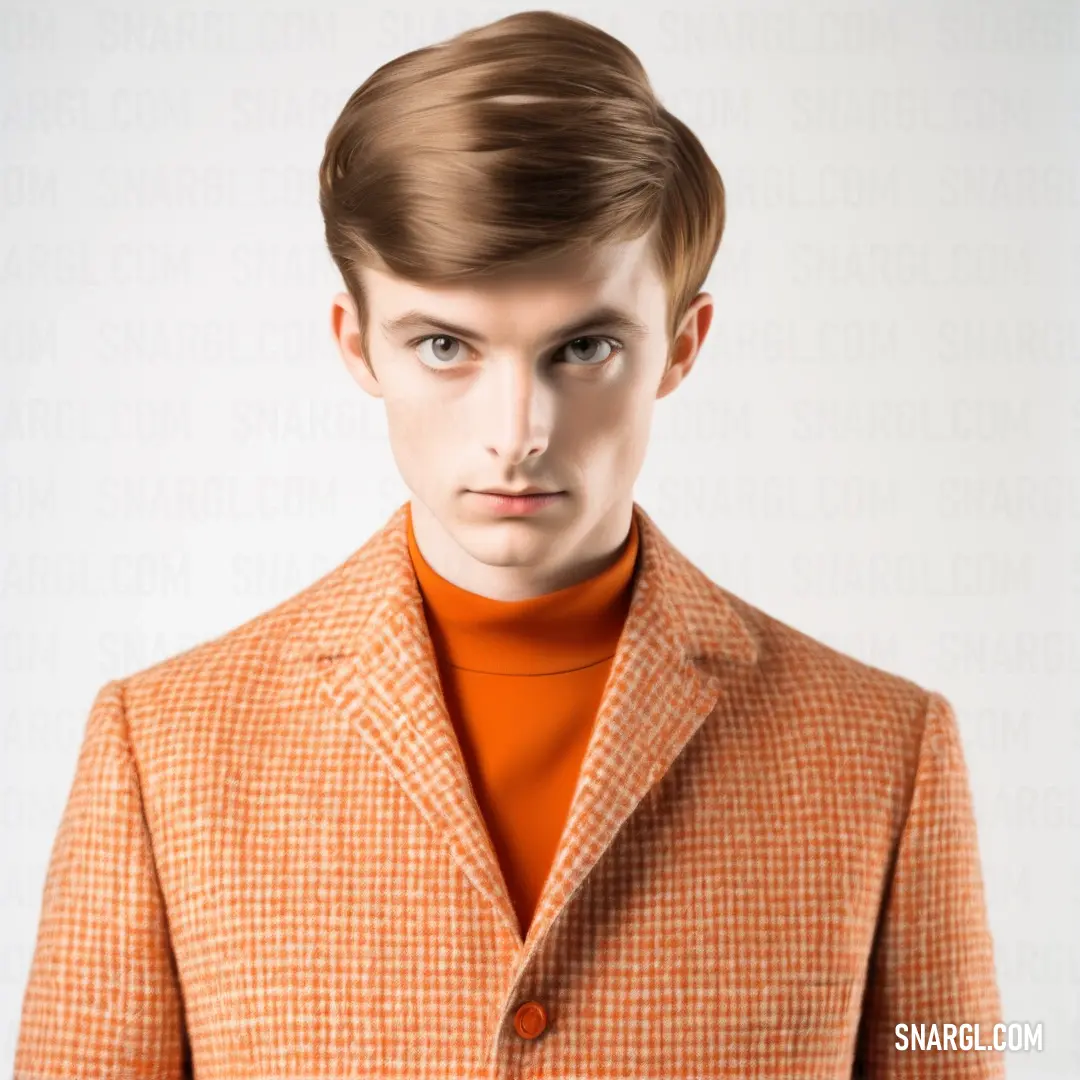
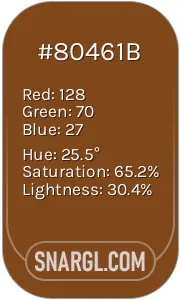 Russet
Russet Black
Black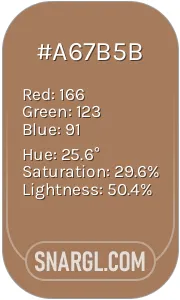 Cafe au lait
Cafe au lait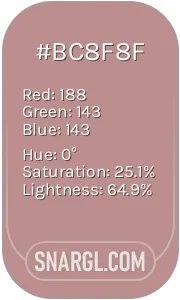 Rosy Brown
Rosy Brown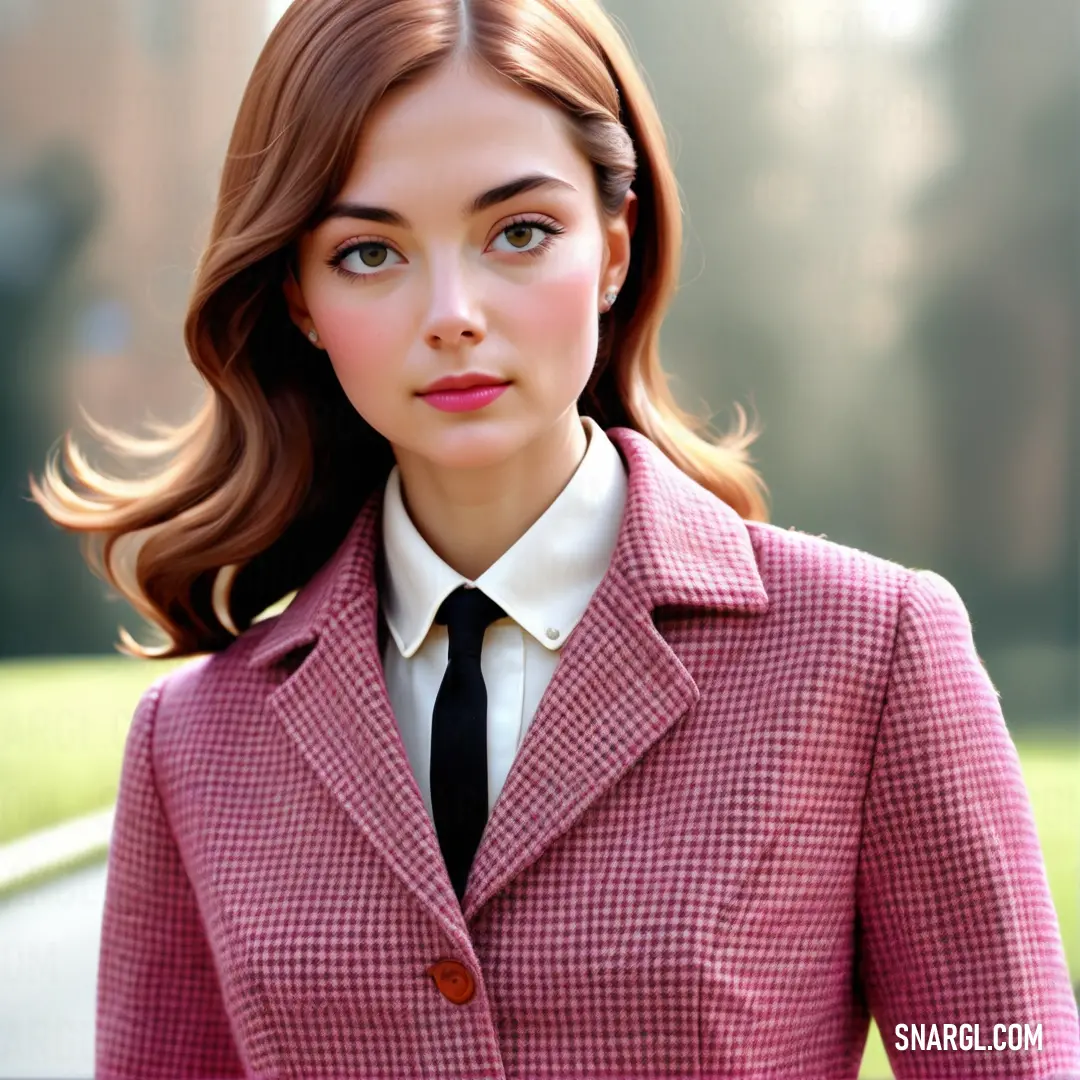
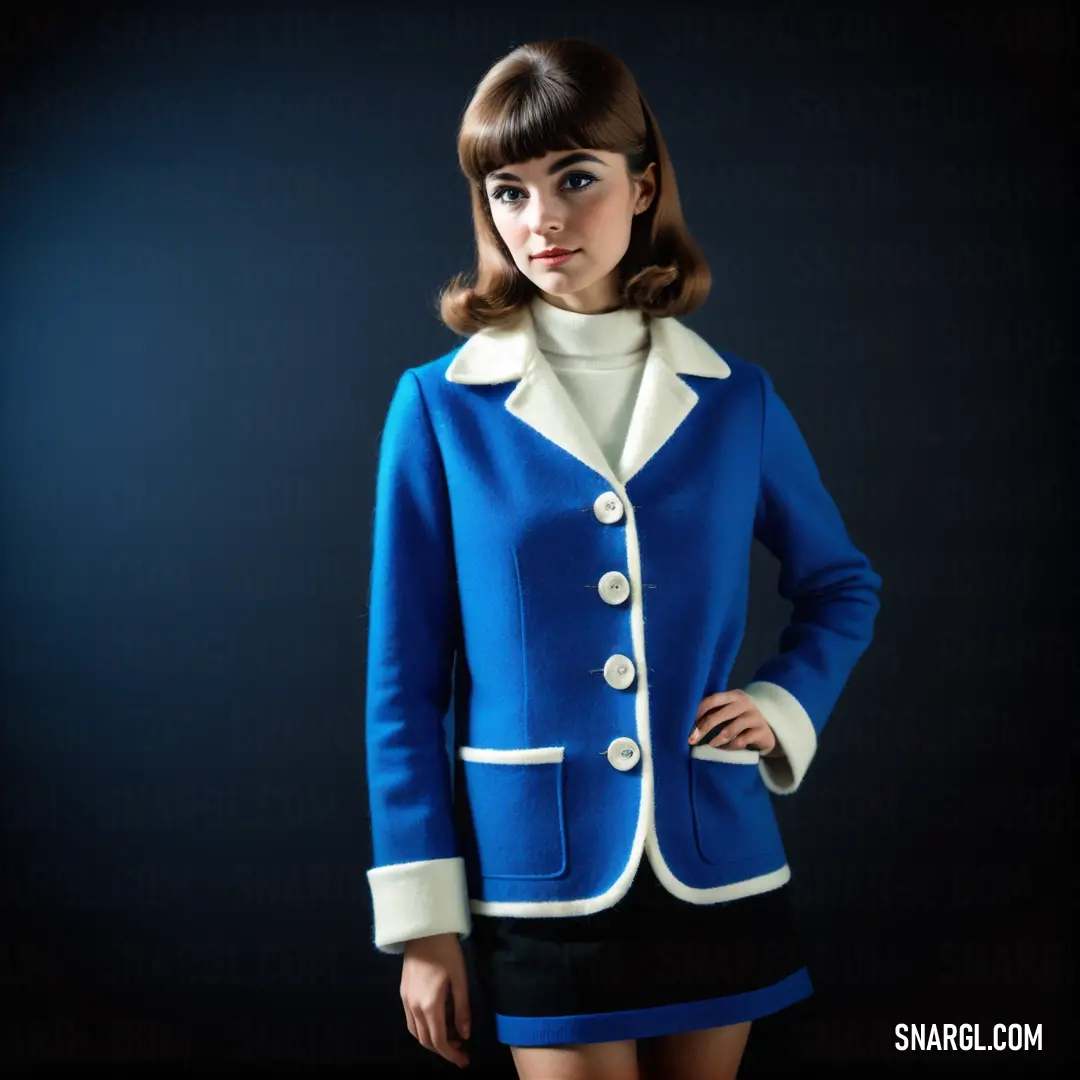
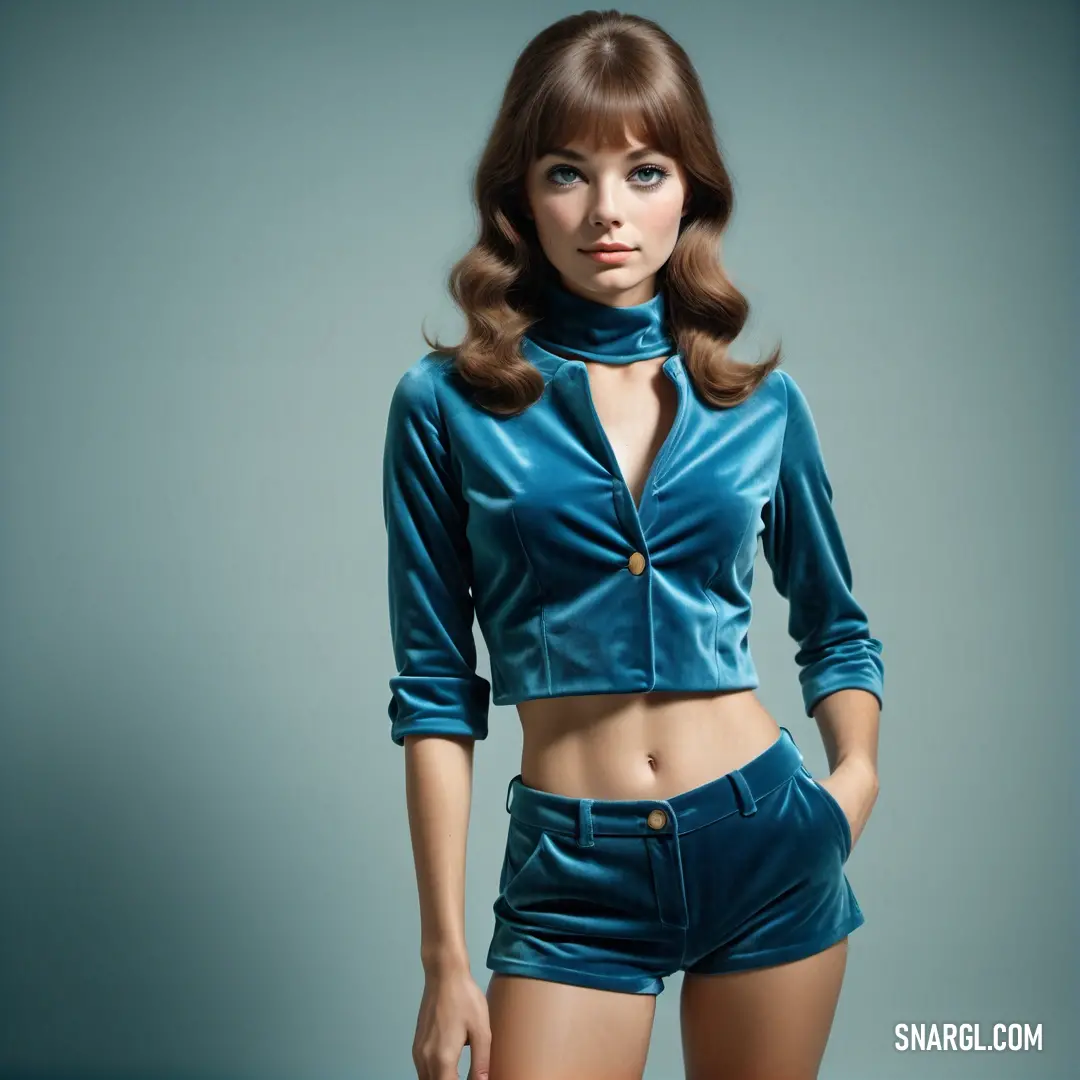
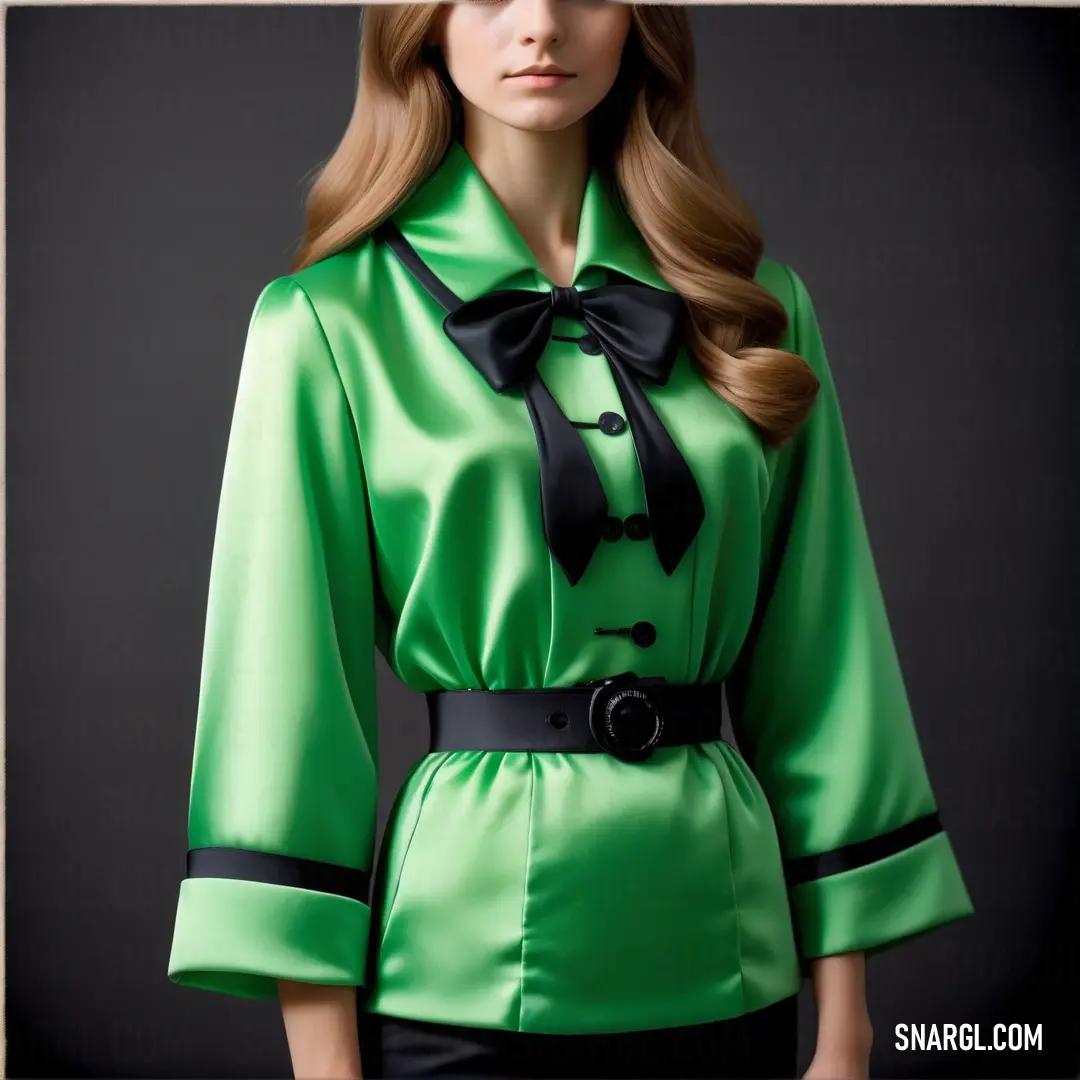
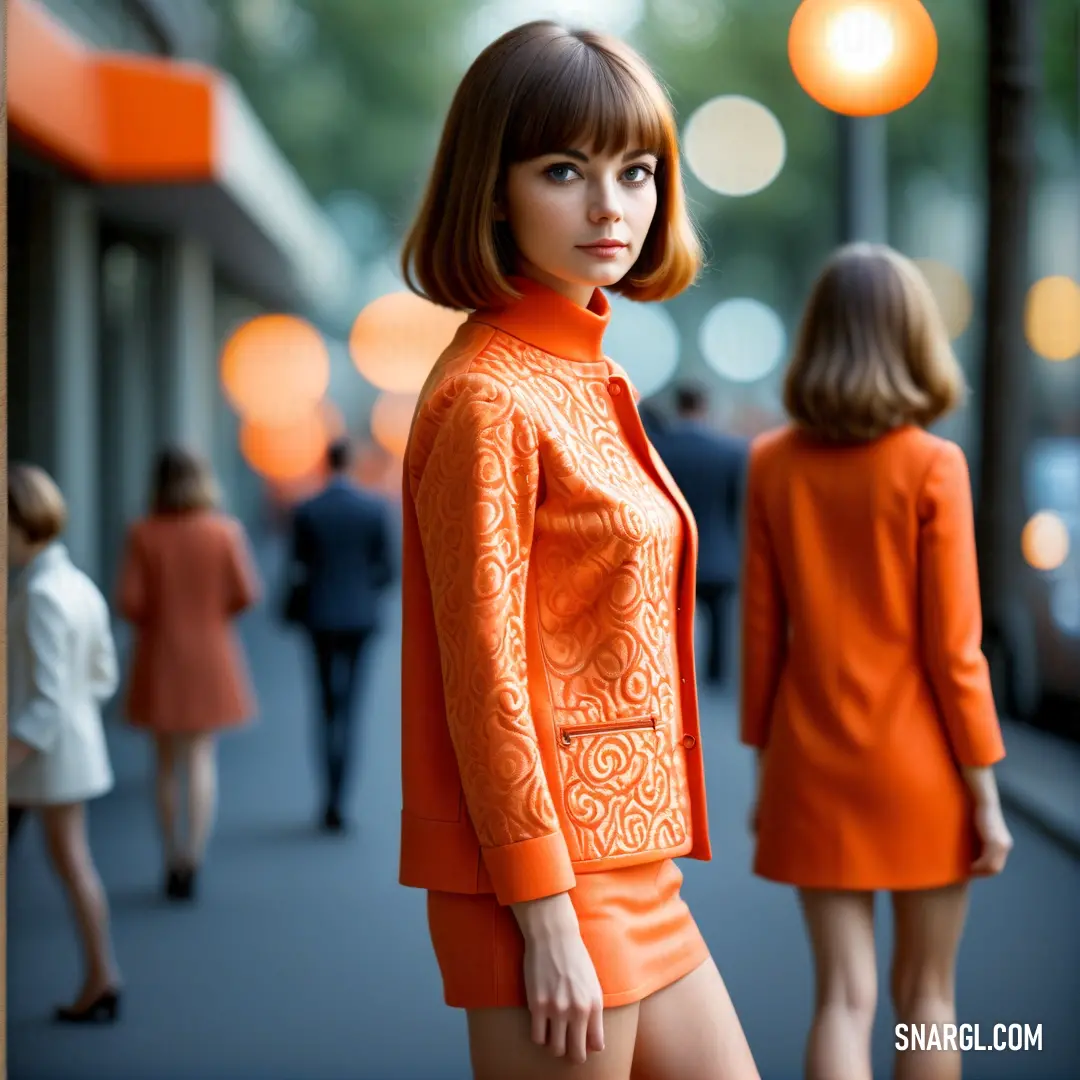
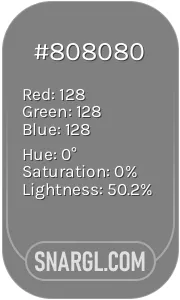 Gray
Gray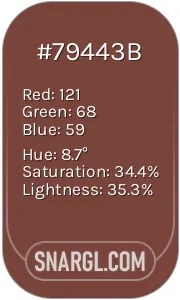 Bole
Bole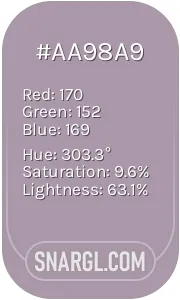 Rose quartz
Rose quartz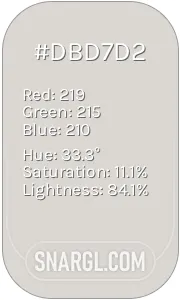 Timberwolf
Timberwolf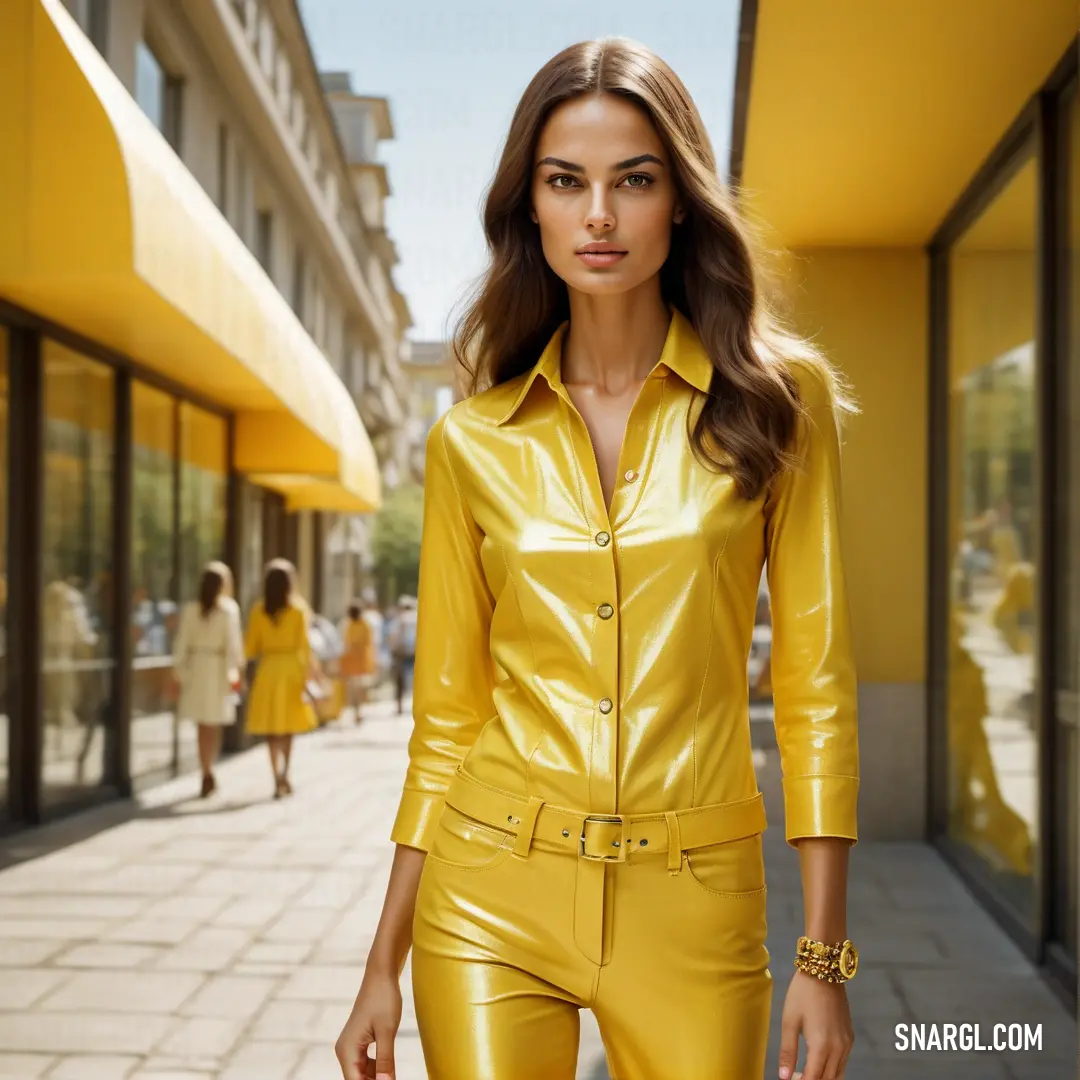
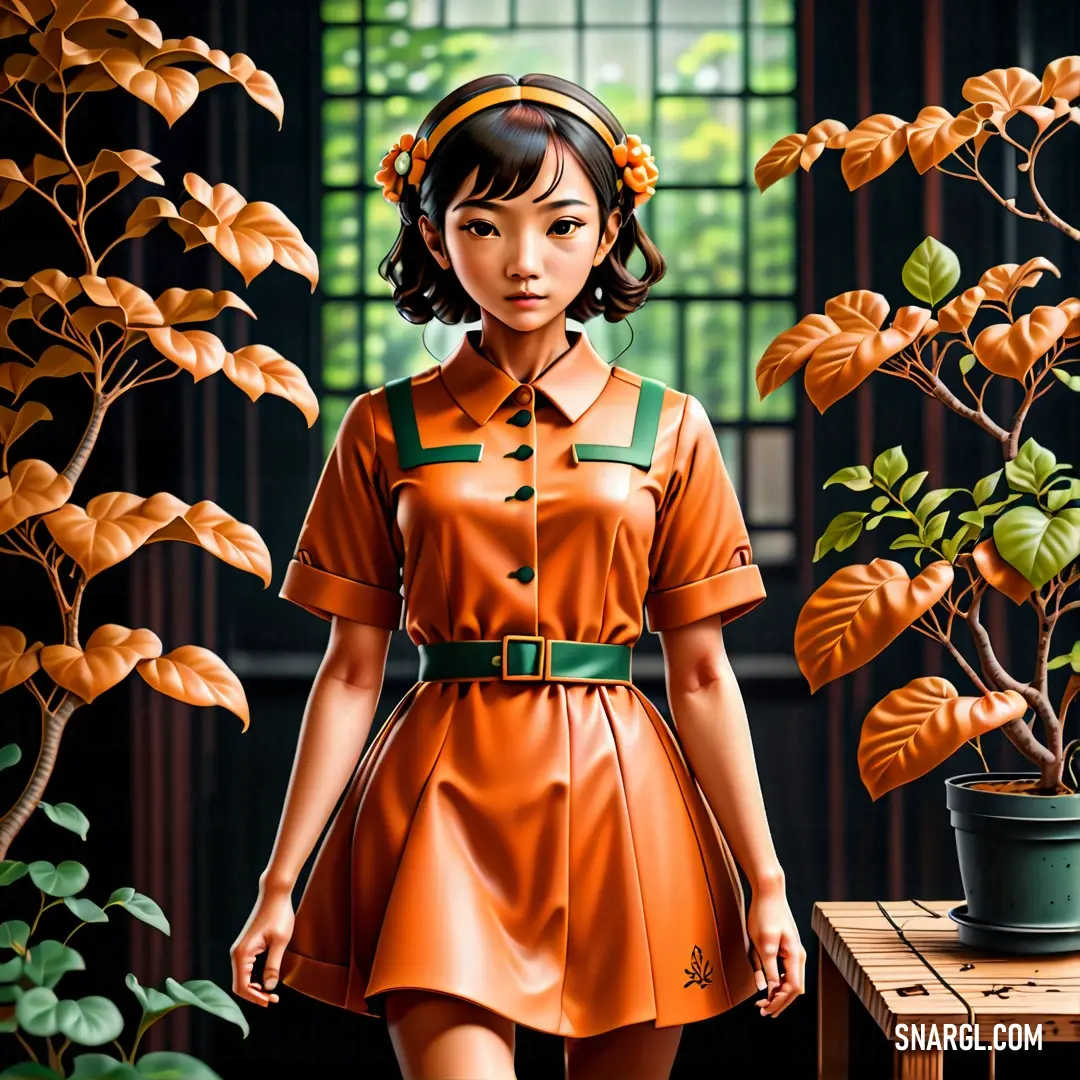
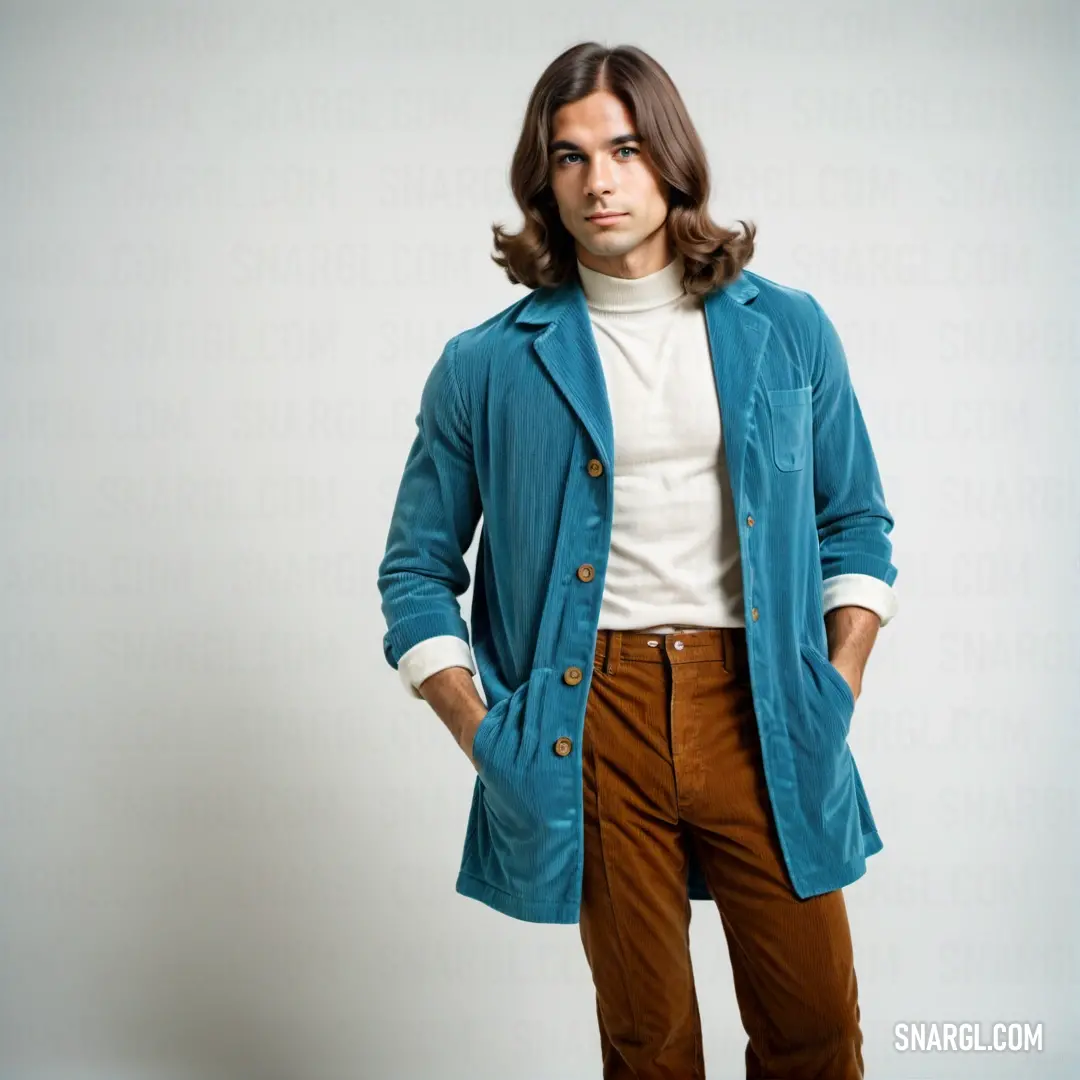
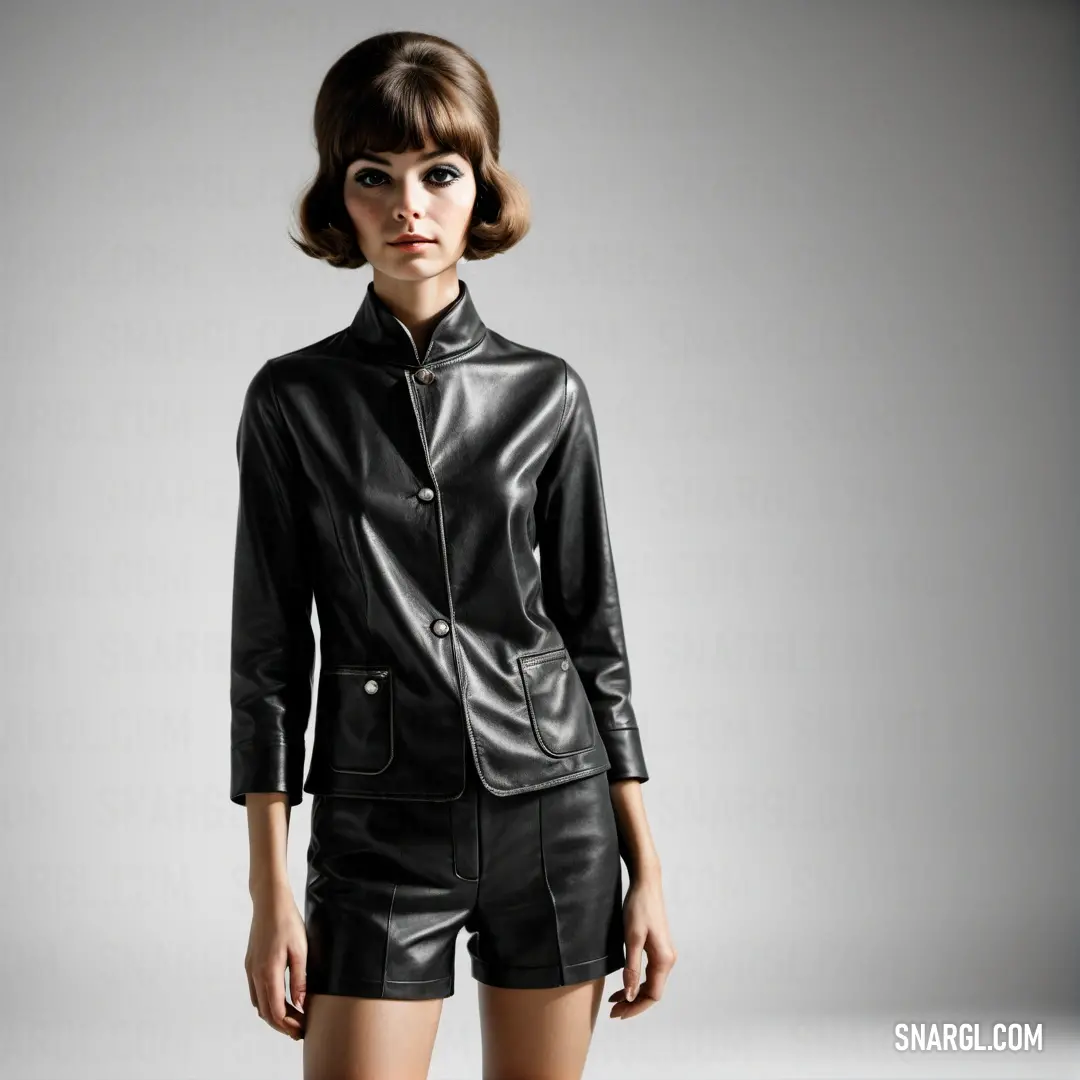
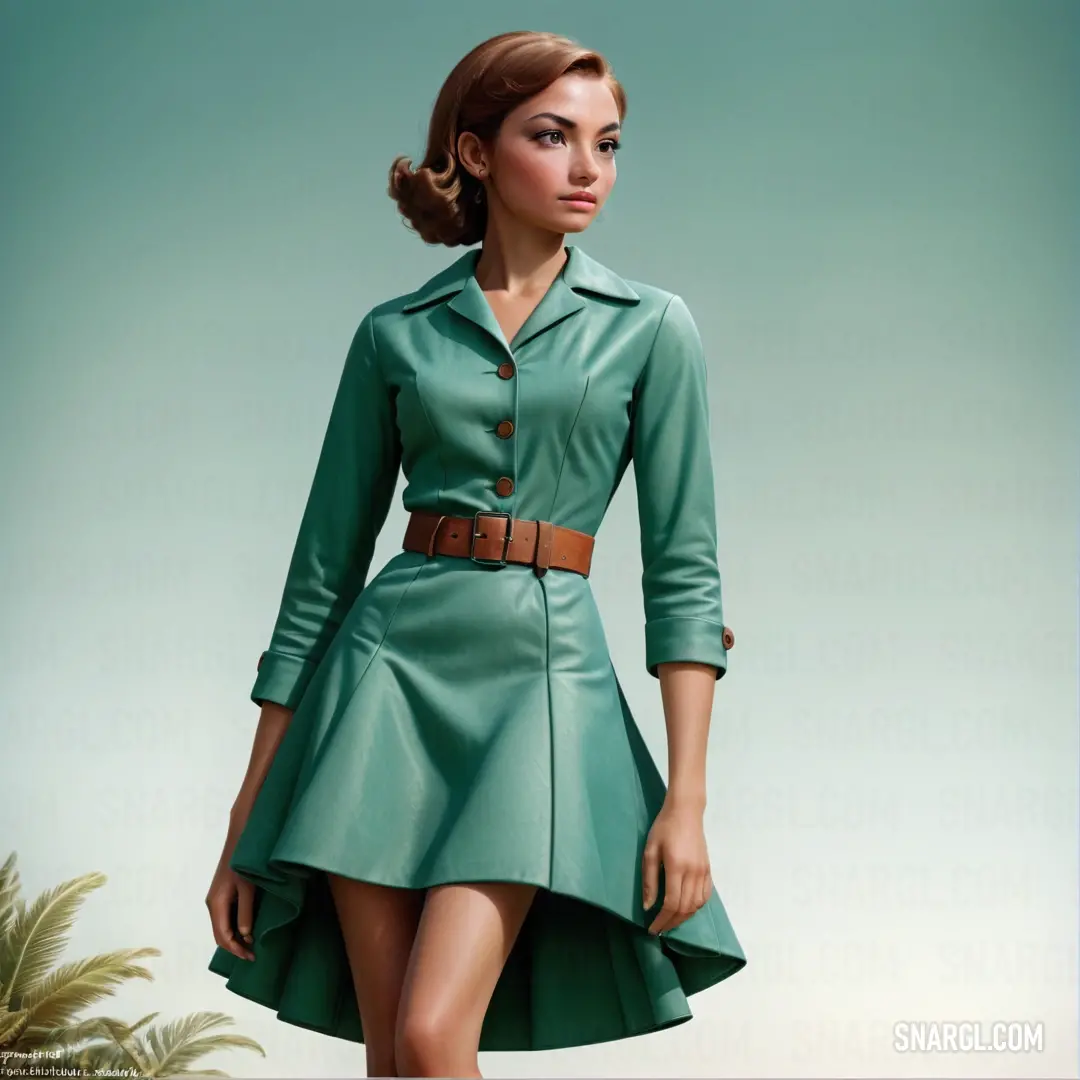
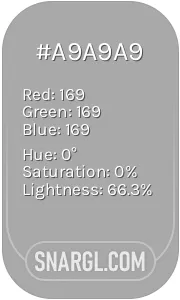 Dark gray
Dark gray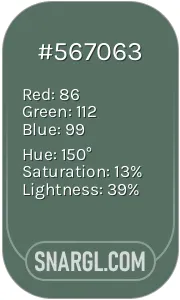 Dark tea green
Dark tea green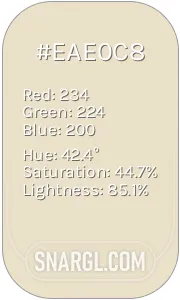 Pearl
Pearl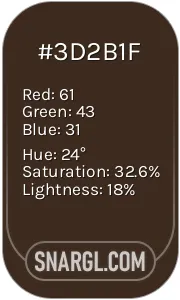 Bistre
Bistre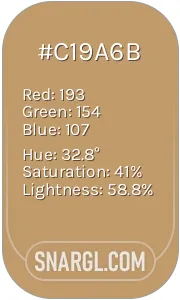 Camel
Camel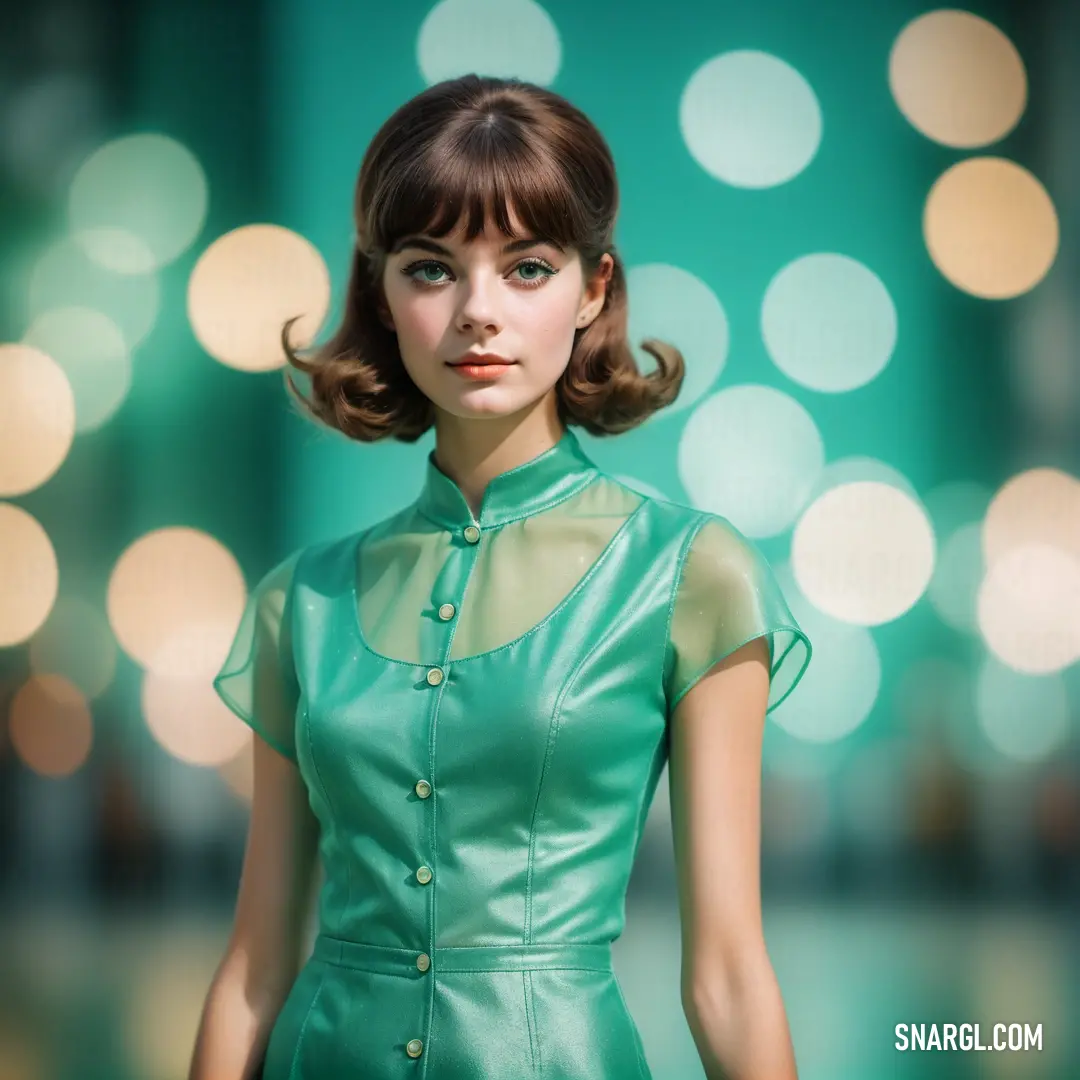
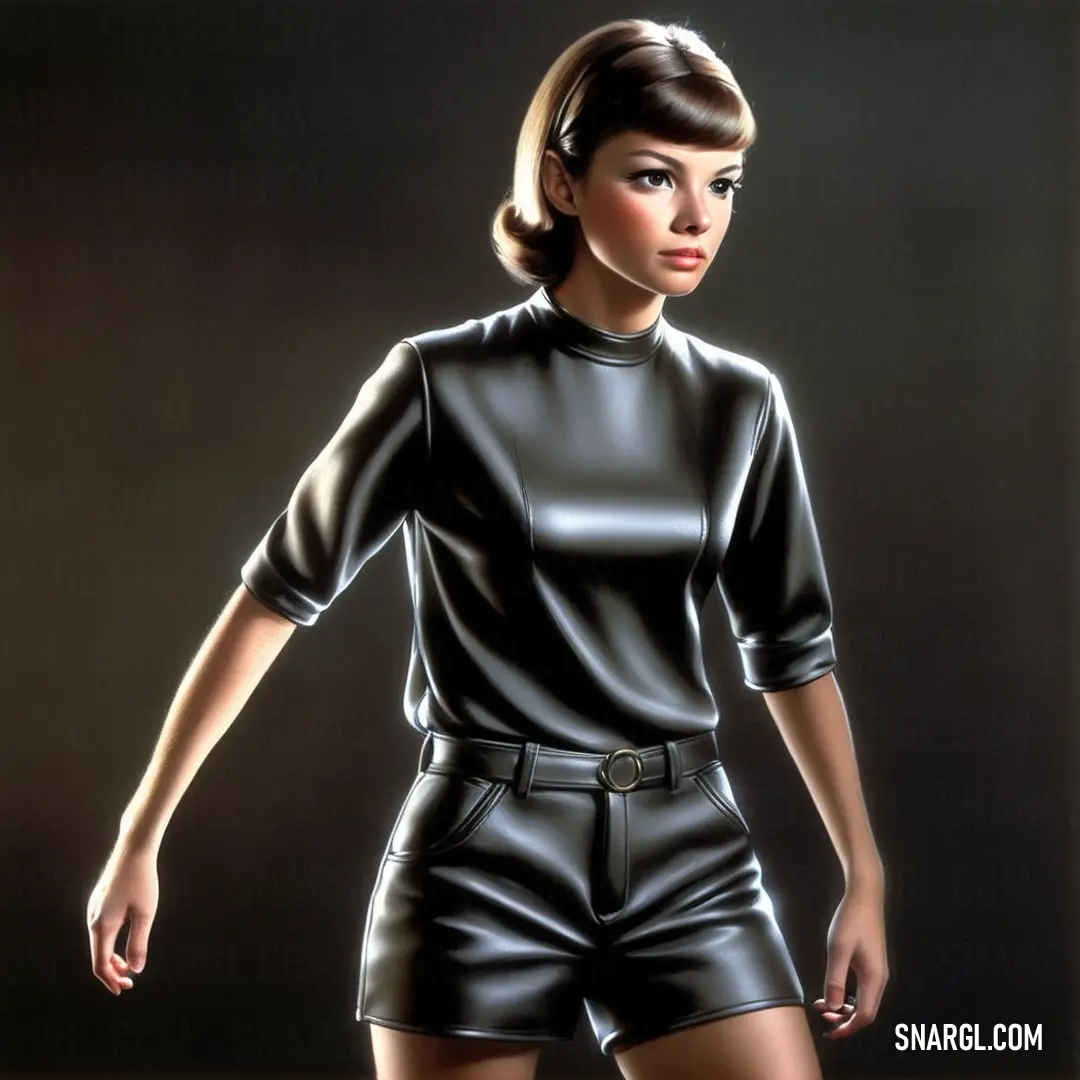
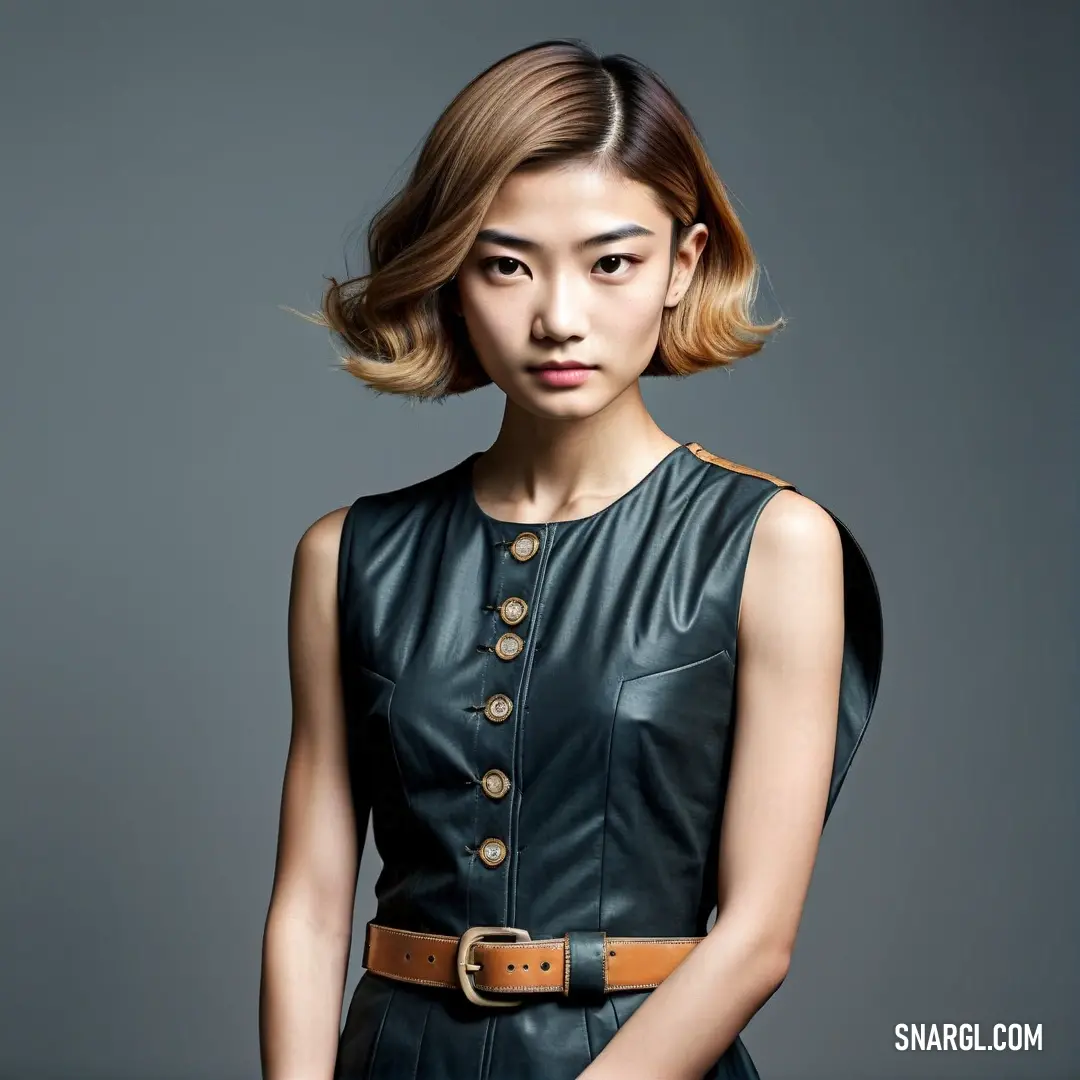
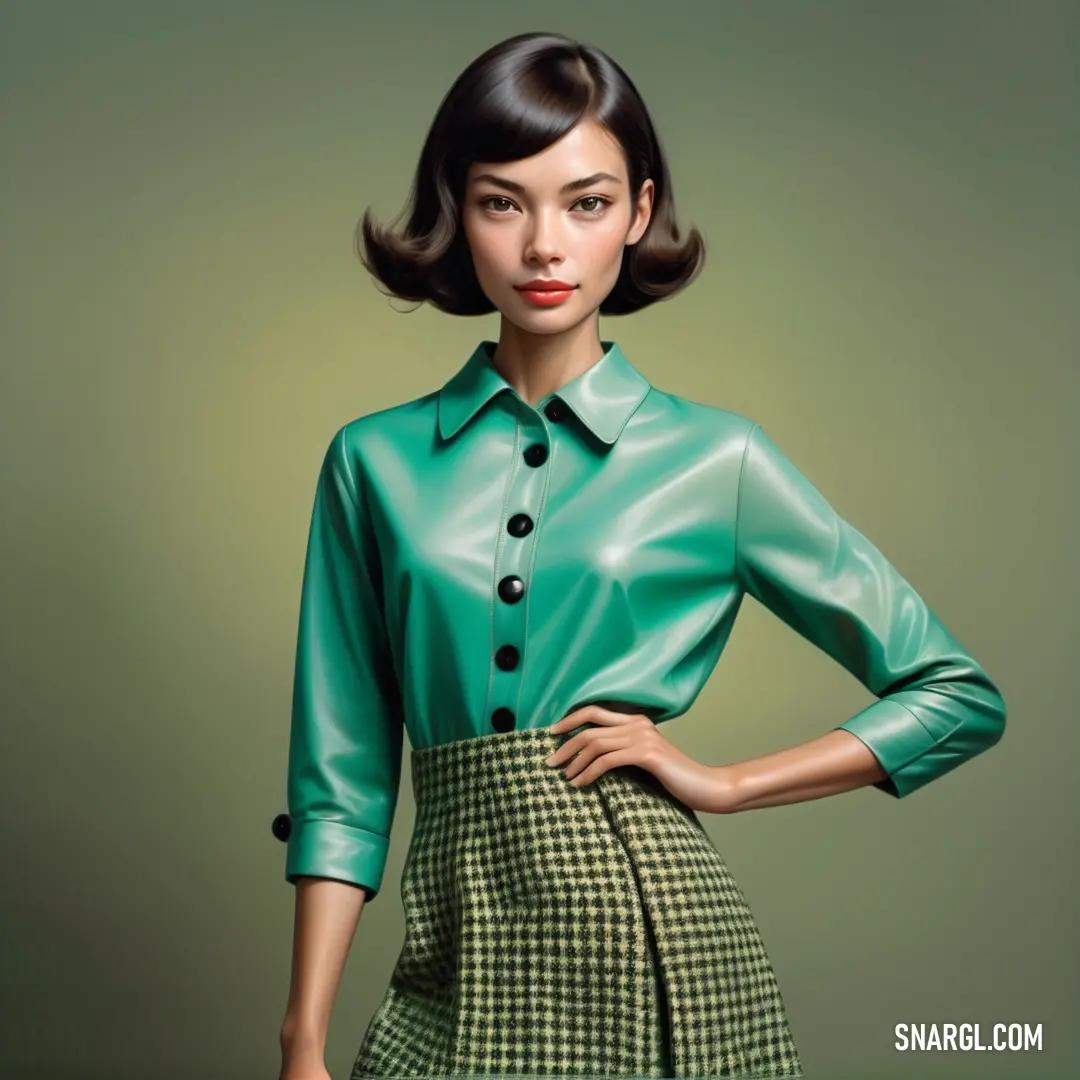
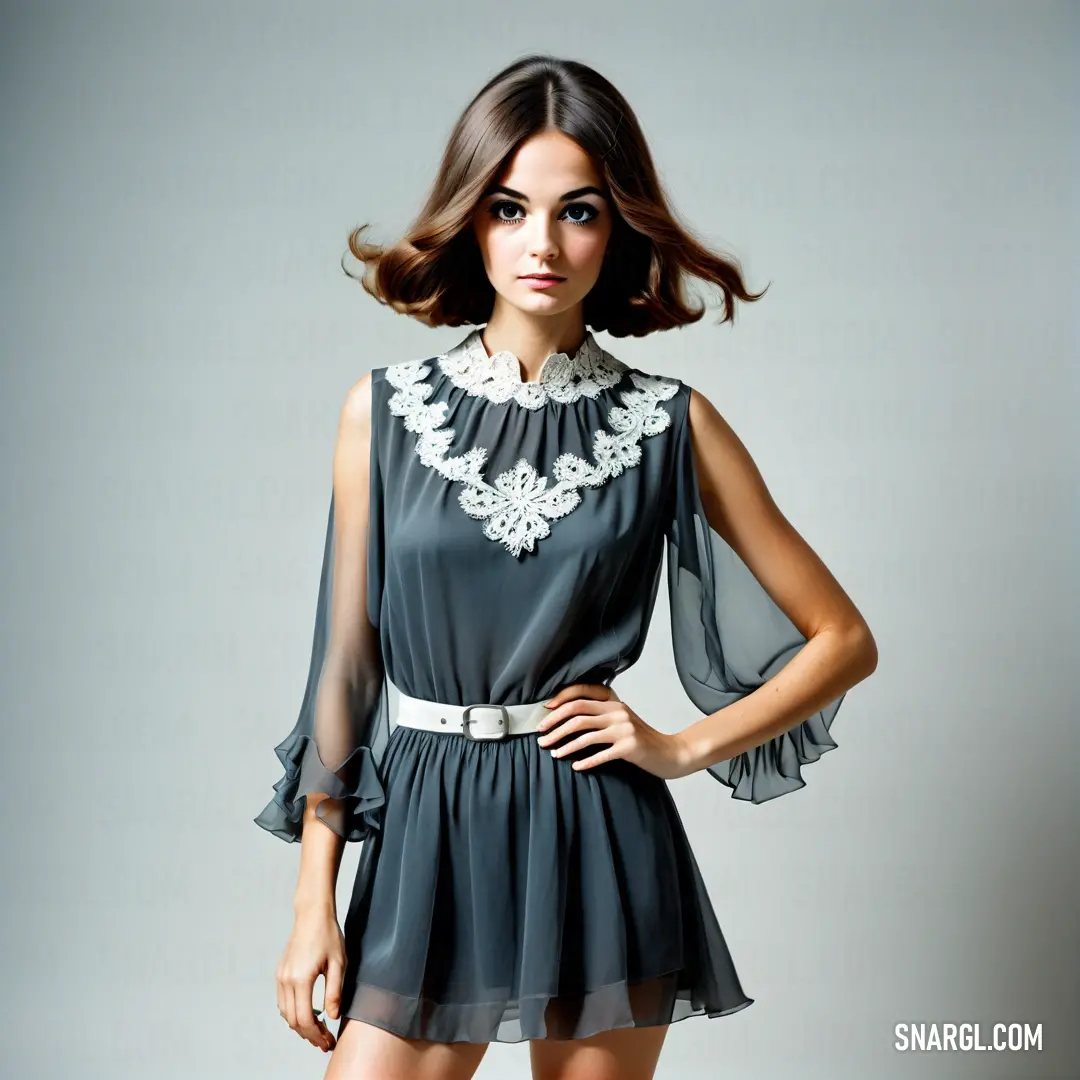
 Sunglow
Sunglow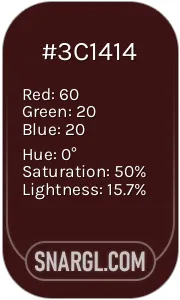 Dark sienna
Dark sienna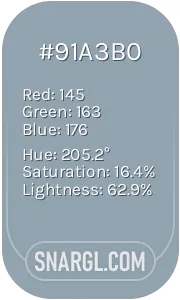 Cadet grey
Cadet grey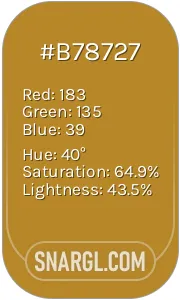 University of California Gold
University of California Gold Wheat
Wheat







